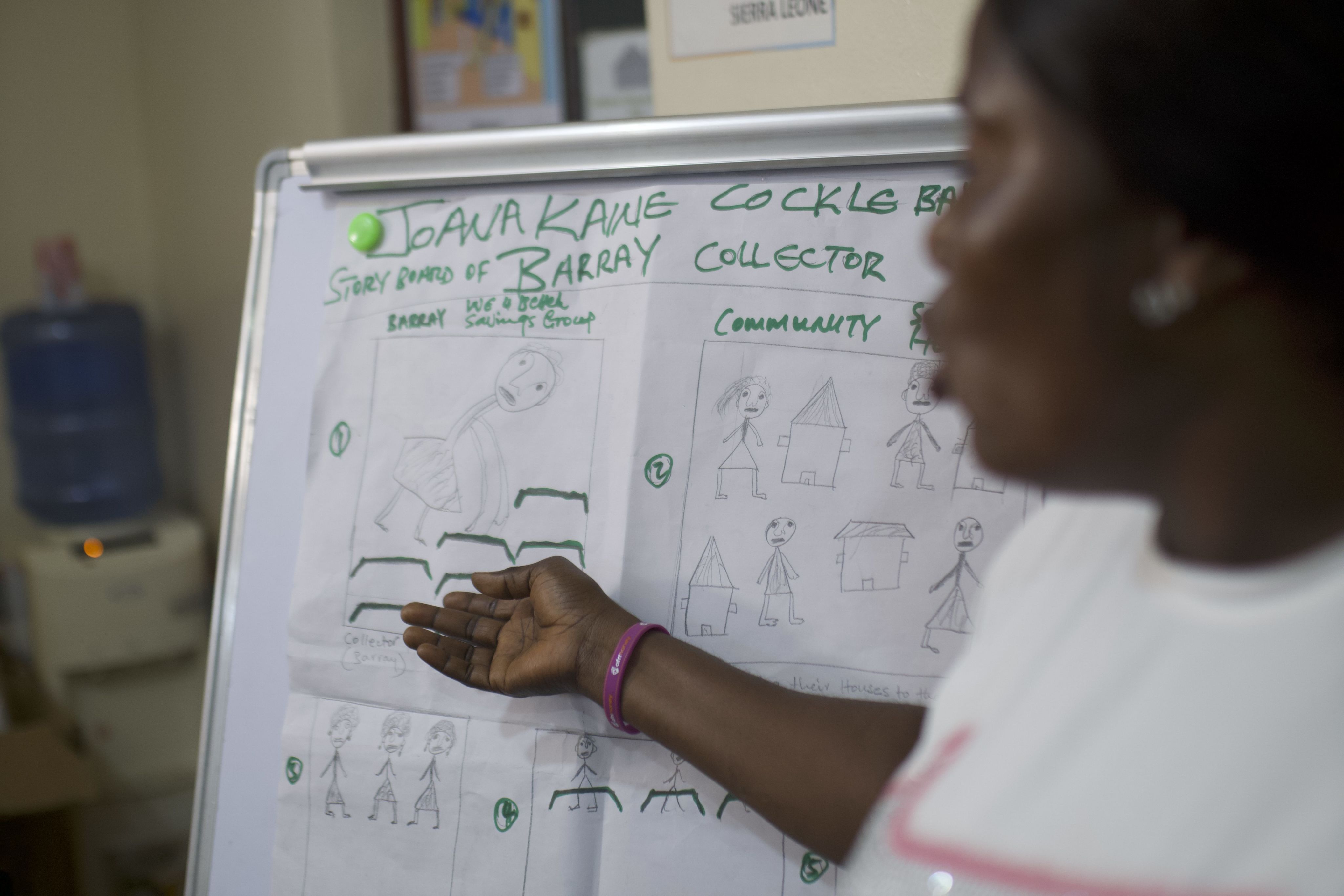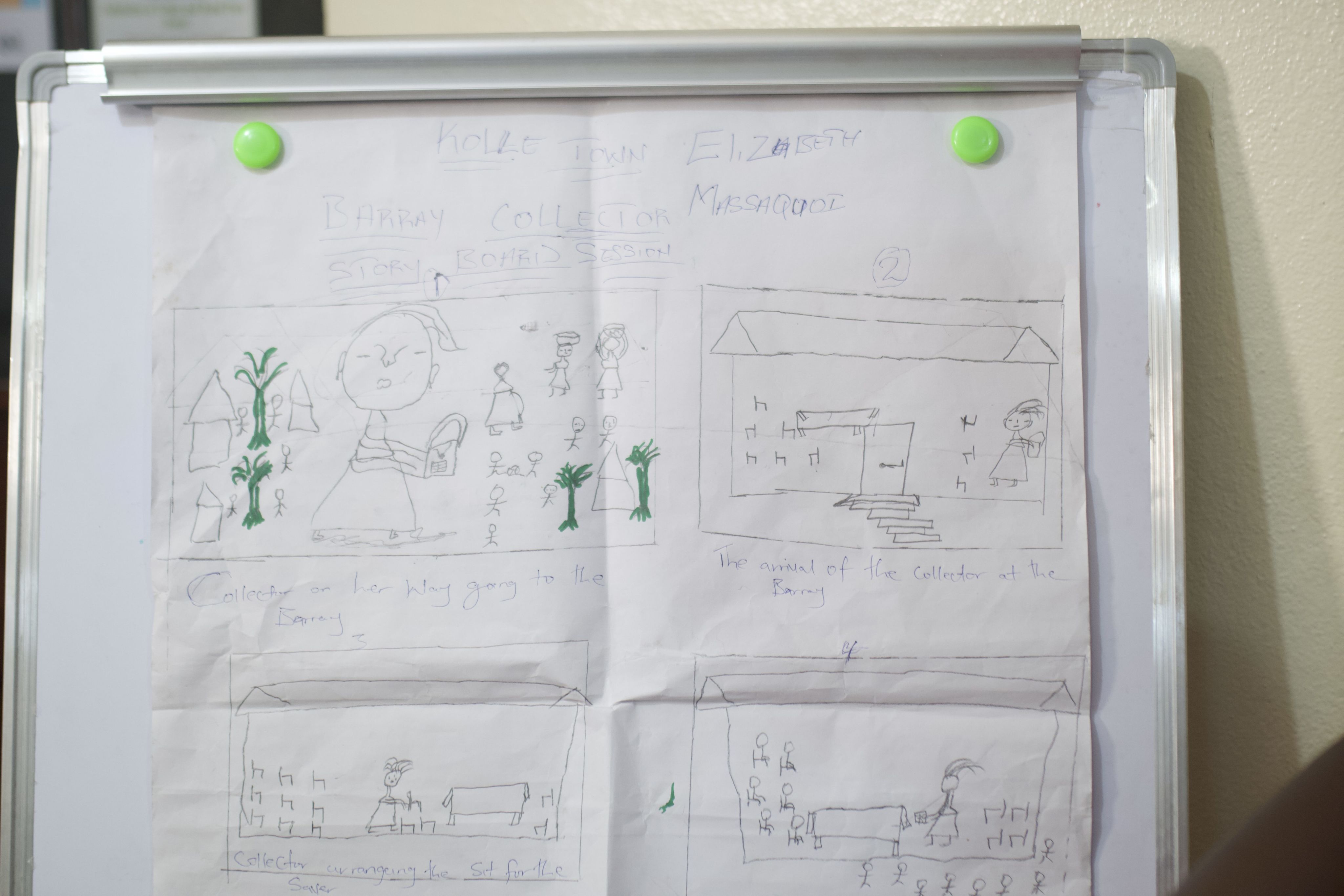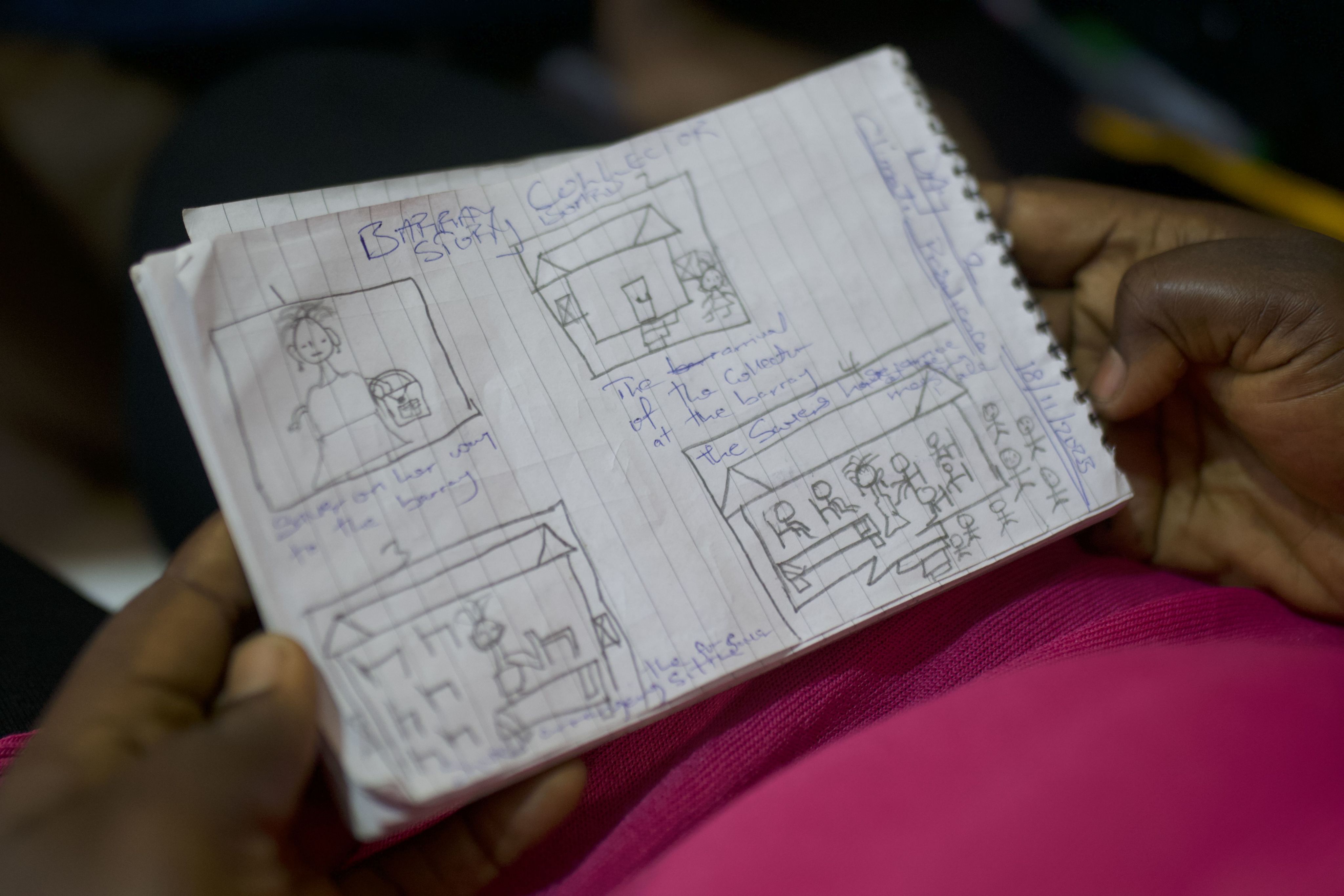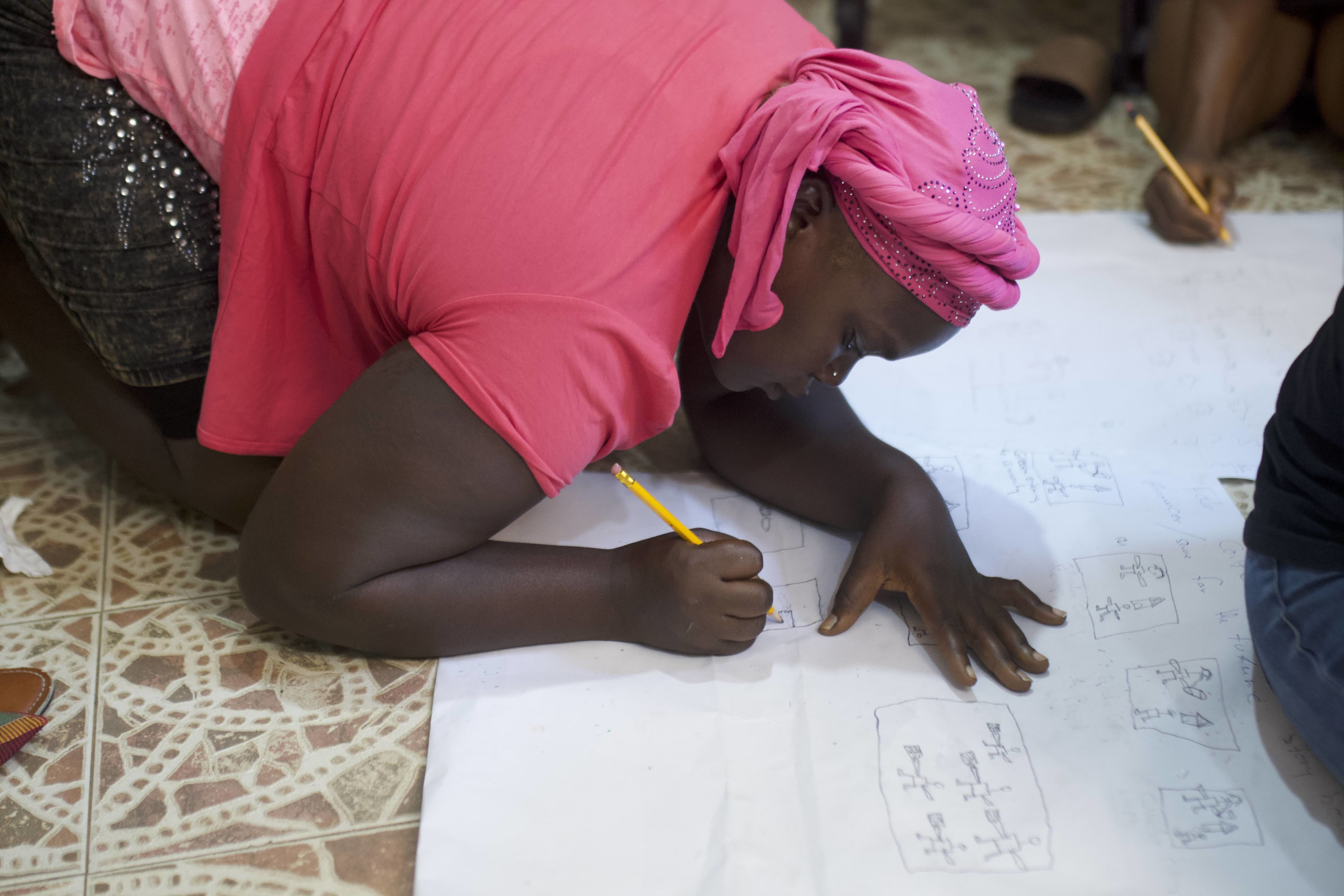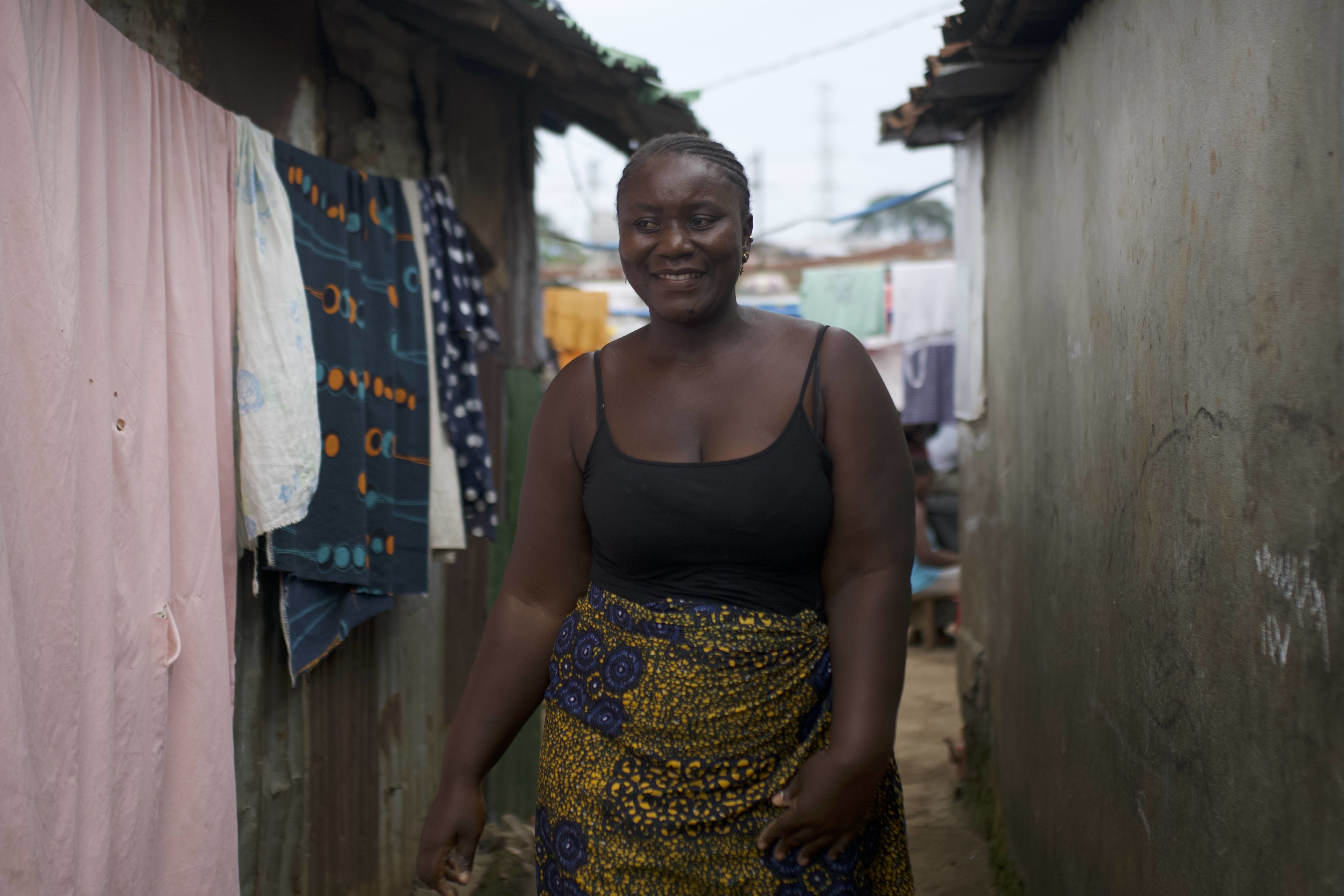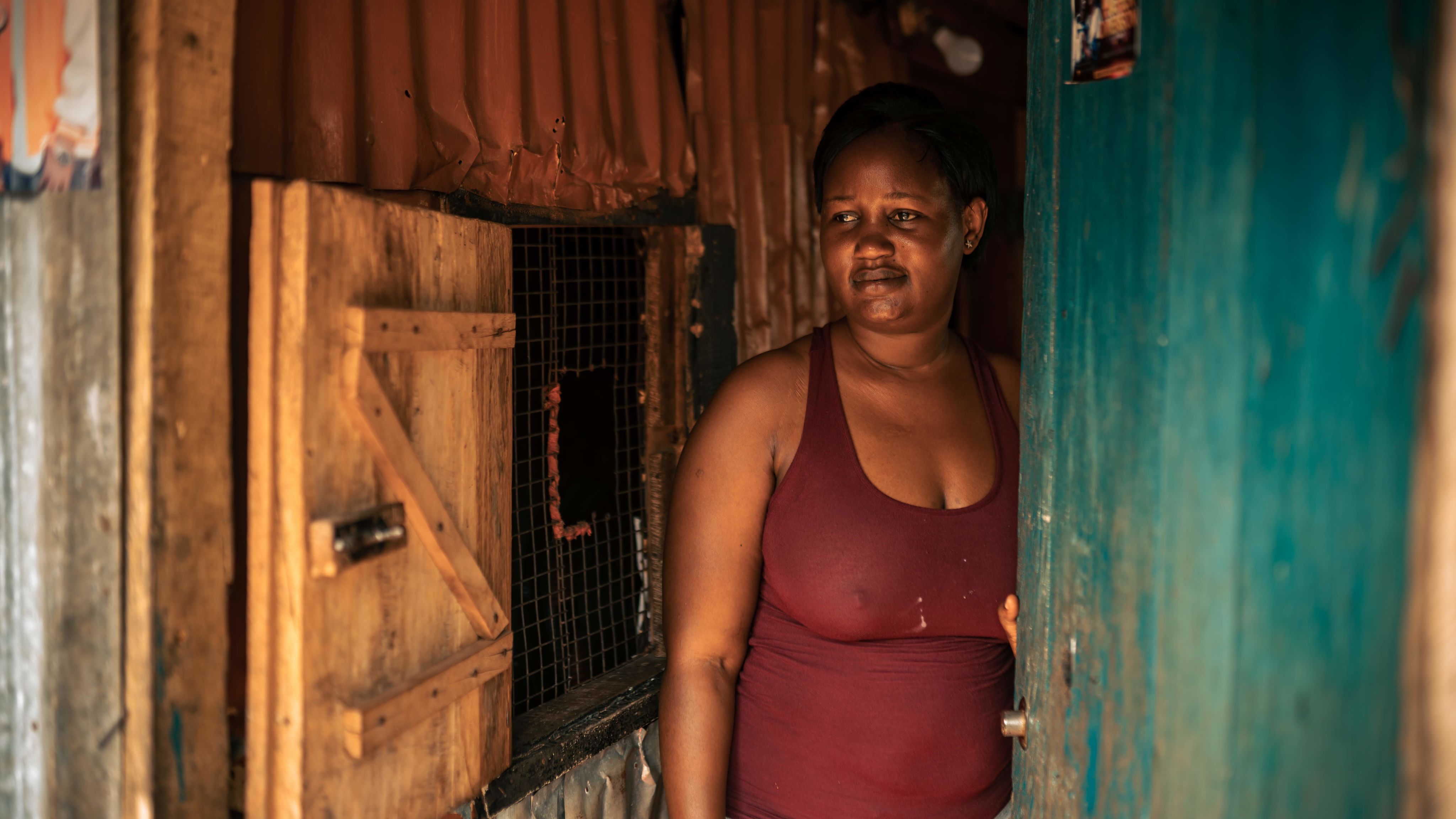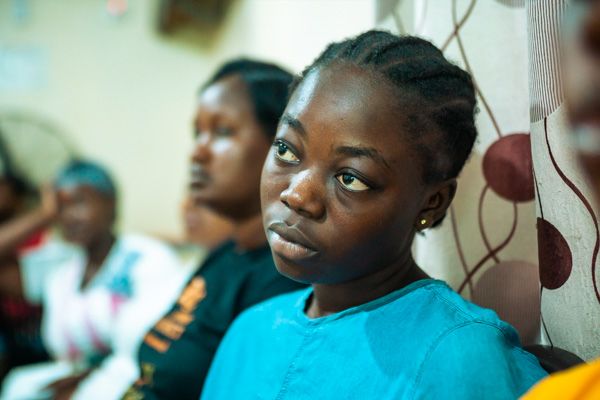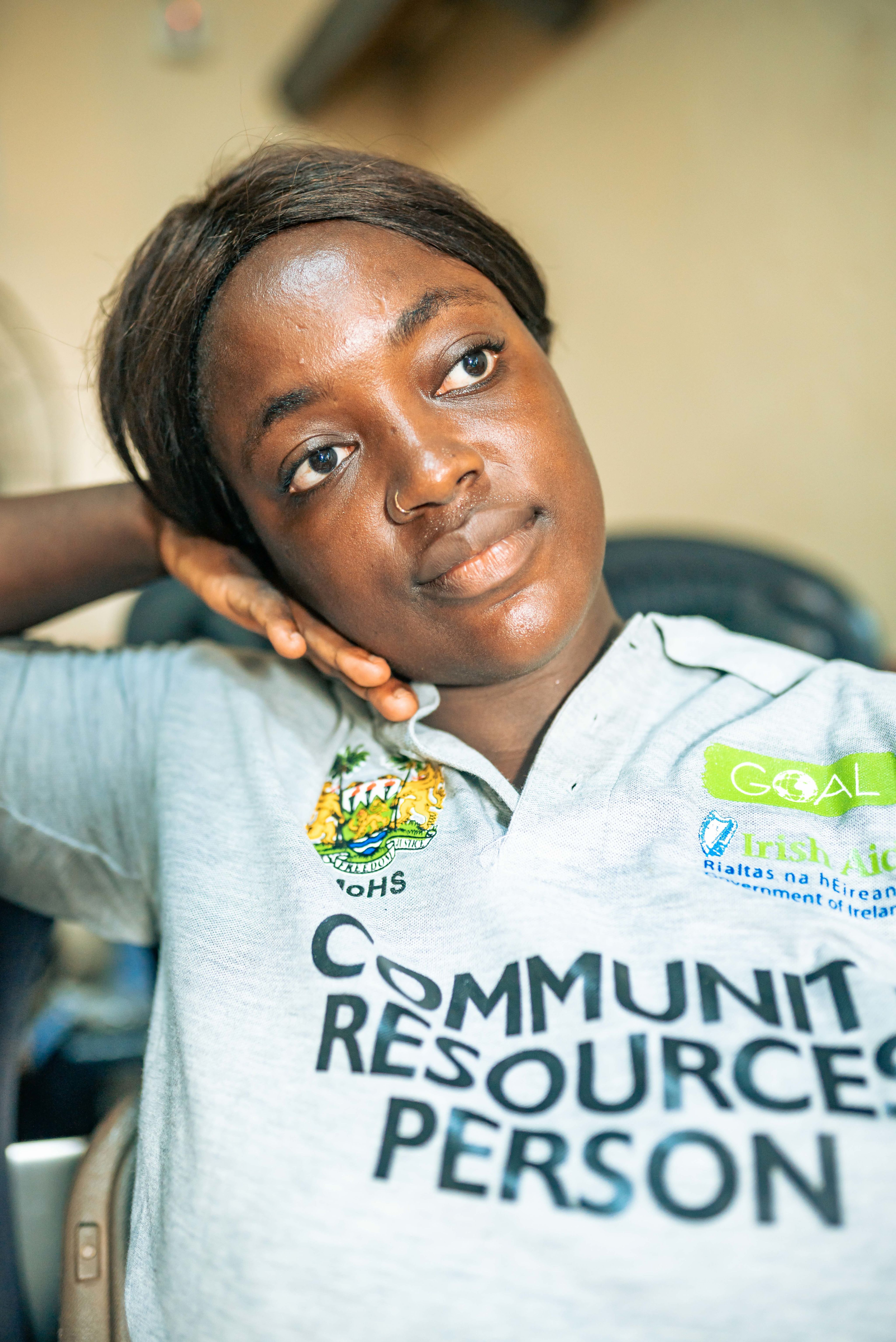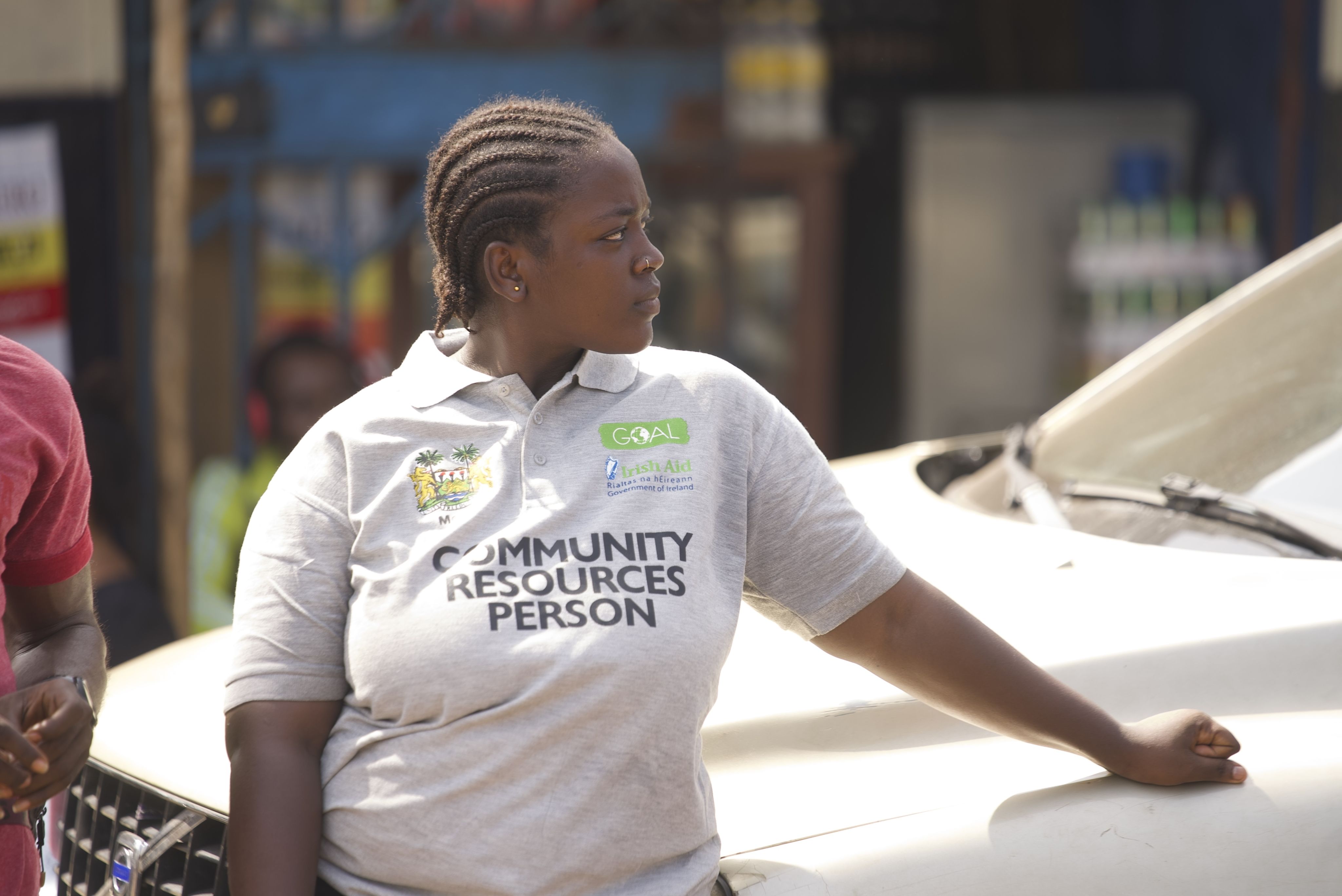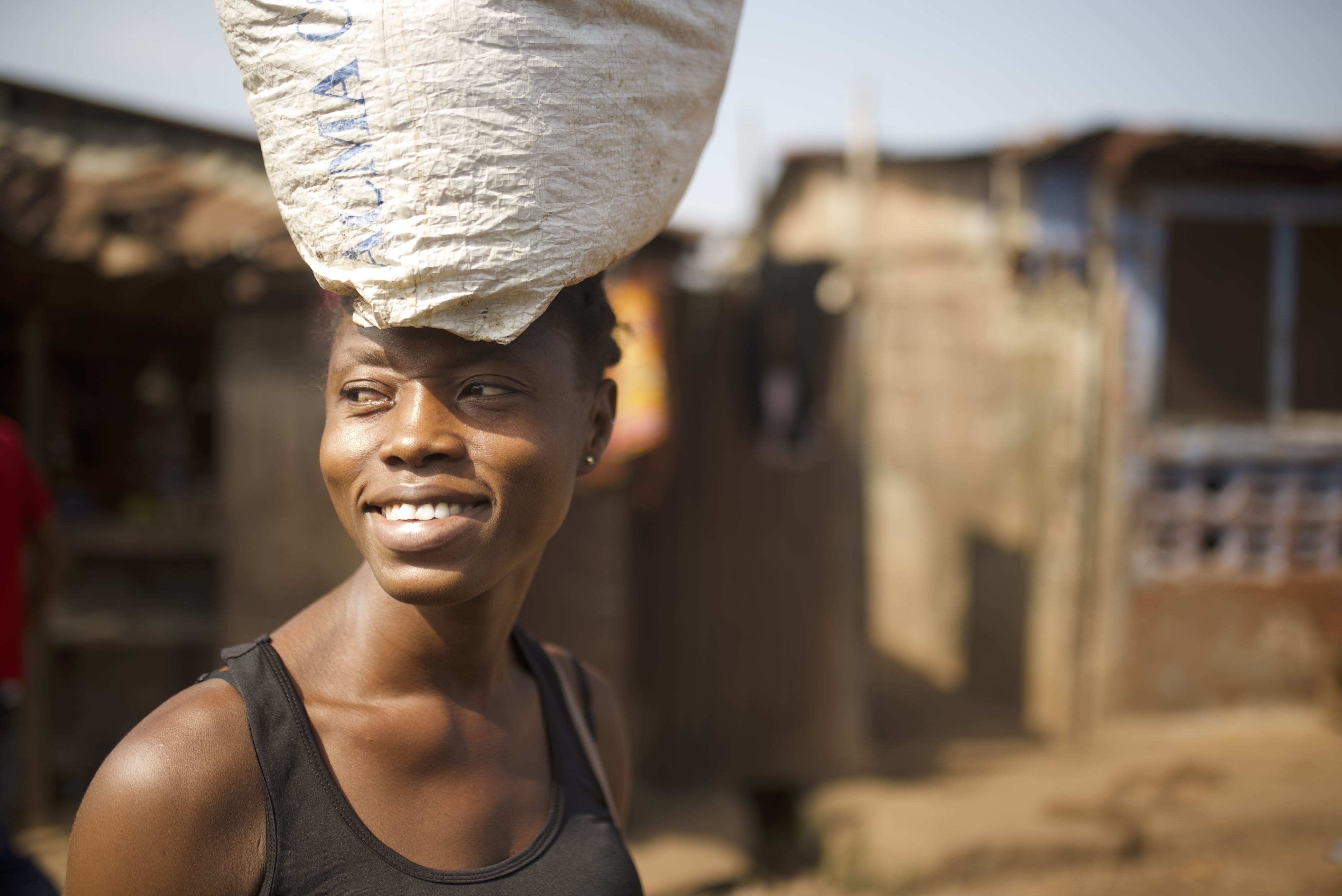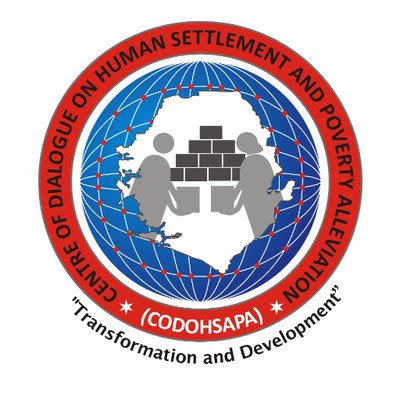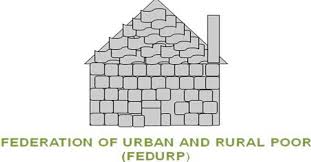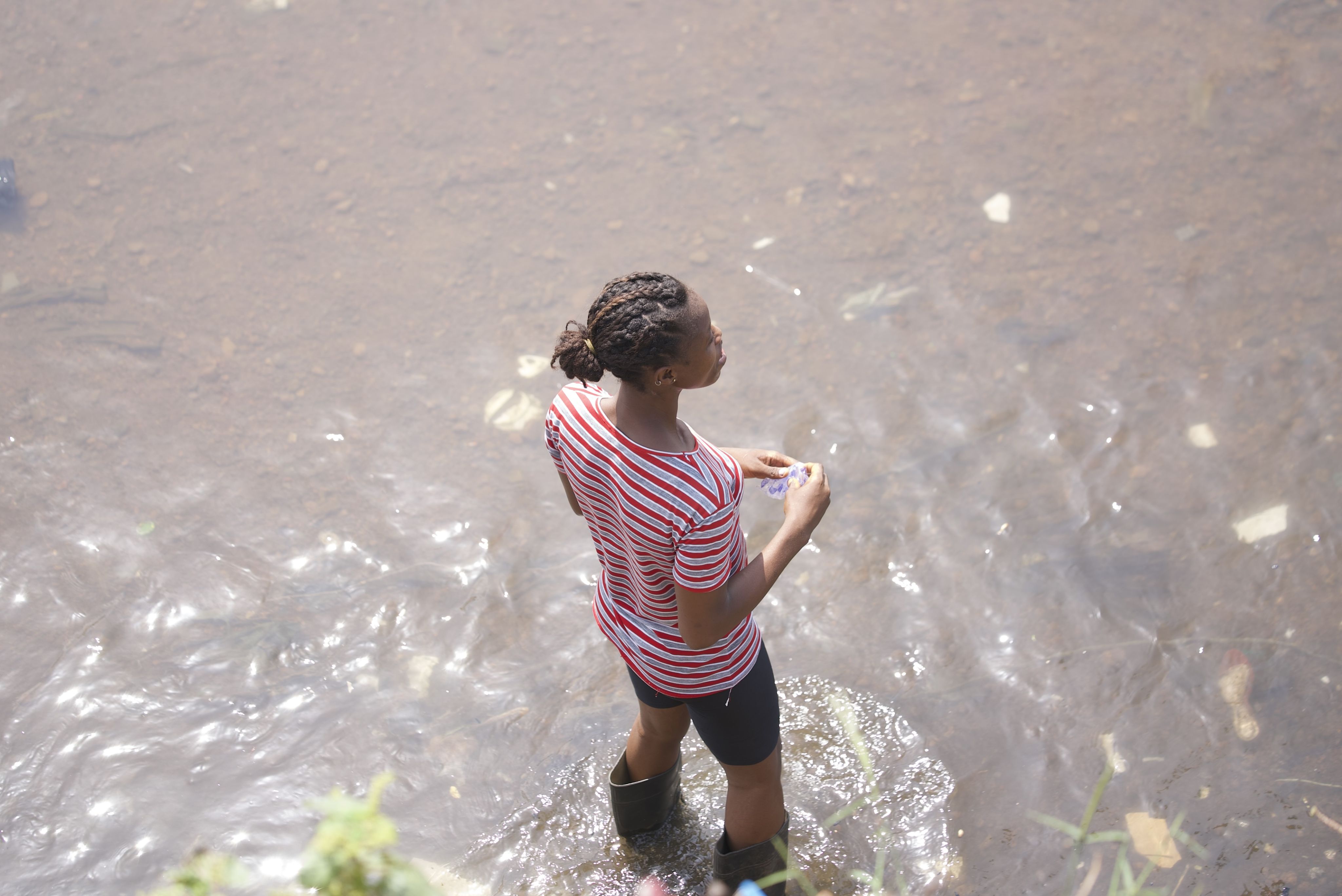
Women in Freetown, Sierra Leone’s capital, are on the frontline of the city's response to climate change. They are becoming the city’s ‘flood fighters.’
This is their story.
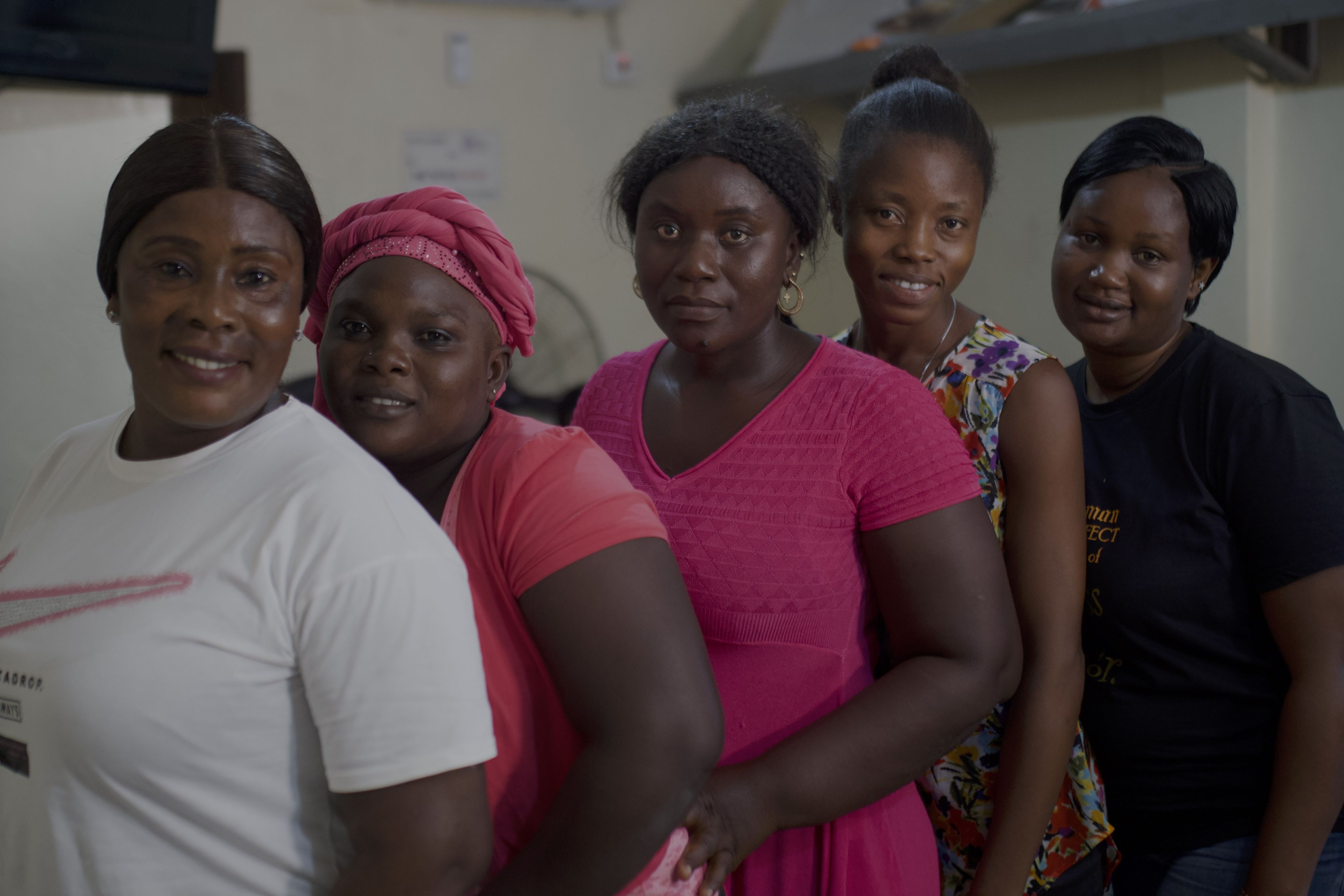
Background
According to the World Risk Poll 2021, one in five people in Sierra Leone (20%) have experienced flood-related disasters in the last five years.
Sierra Leone has also been identified by the World Risk Poll as having one of the lowest resilience scores (0.47 vs 0.55 world average).
And the poll also revealed that women in Sierra Leone - and in Central and Western Africa more broadly - are among the most vulnerable to the effects of climate change.
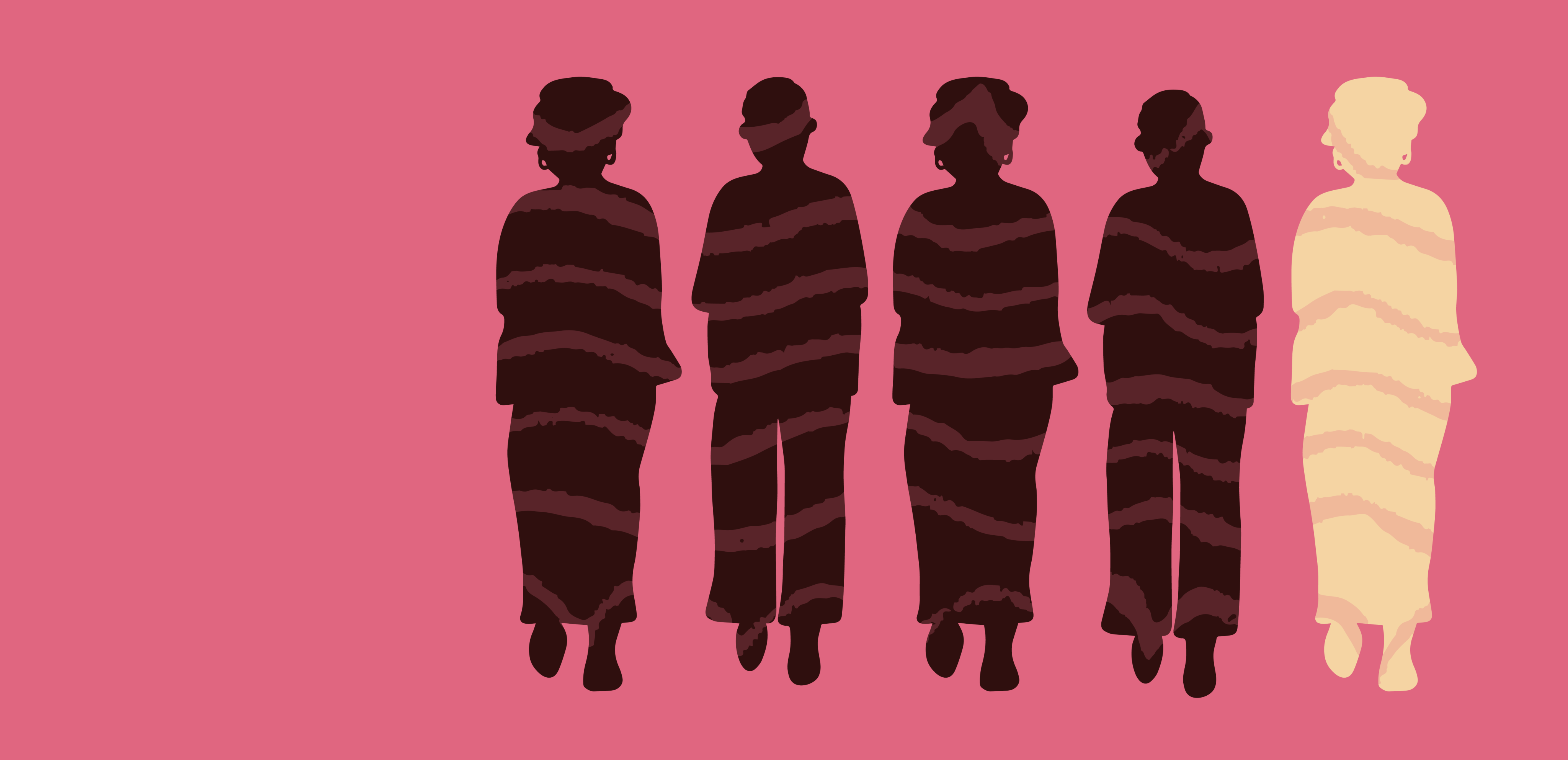
A key reason for this disproportionate vulnerability is the way in which climate change intersects with and cascades other risks that women face. This was highlighted in the World Risk Poll:
Household risk - the Poll revealed that 32% of people in Sierra Leone couldn’t cover their basic needs for more than a month if they lost their income. Climate disaster exacerbates this risk by disrupting women’s ability to earn a livelihood, and therefore, their ability to provide for themselves and their families .
Community risk - among those who had experienced a disaster in the past five years, 72% said they had been without clean drinking water for more than a day. When climate disaster strikes, water may become contaminated or water access blocked, thereby increasing this risk. Climate disaster may also damage housing, schools, hospitals, markets and other key infrastructure, therefore limiting the entire community’s access to food, shelter, electricity and other essential services.
Societal risk - 43% of people thought the government does not care at all about them or their wellbeing. Through highlighting existing injustices and inequalities - and the failure of institutions to effectively prepare or respond to crisis - the impacts of climate change have the potential to further amplify this sense of distrust and disenfranchisement.
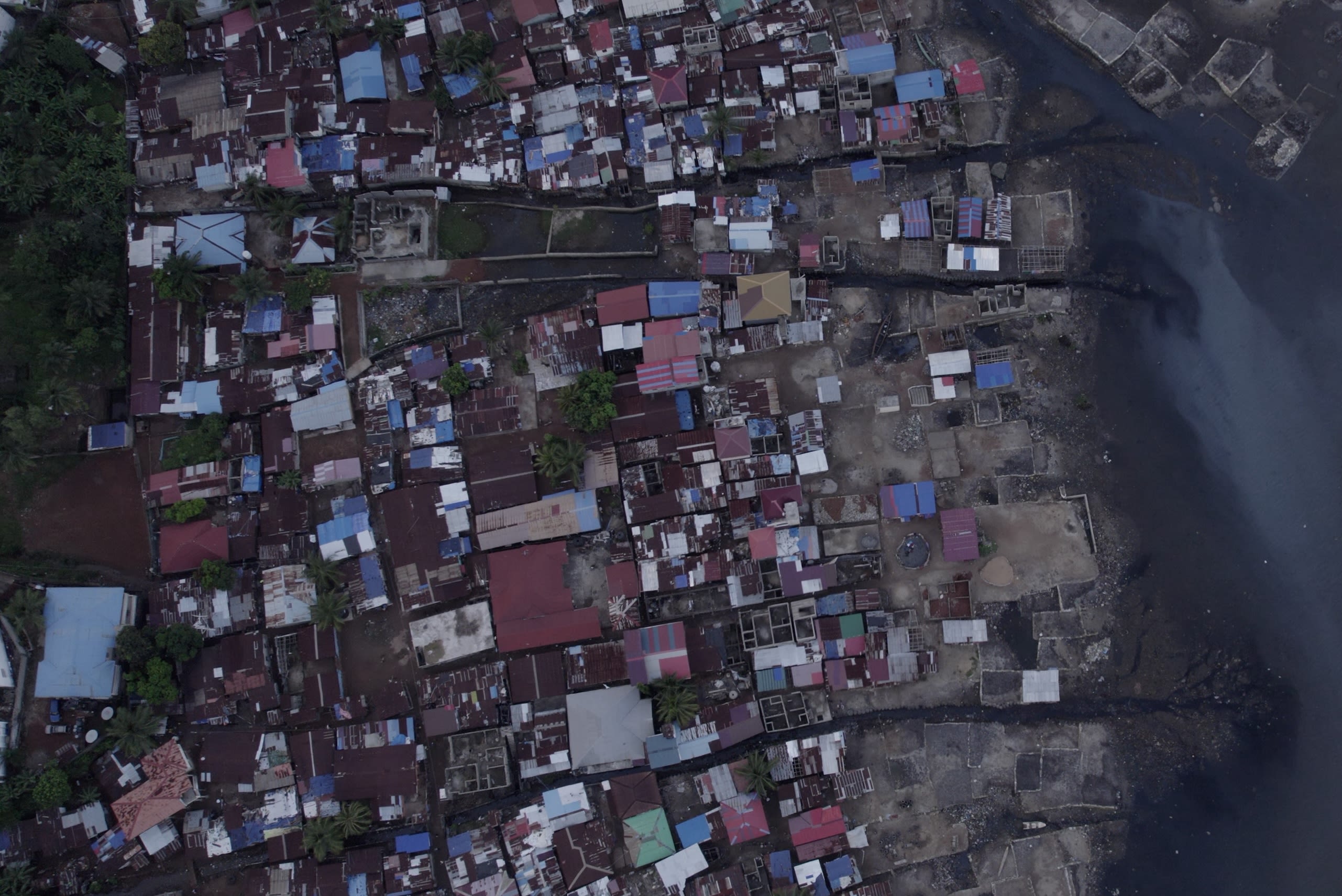
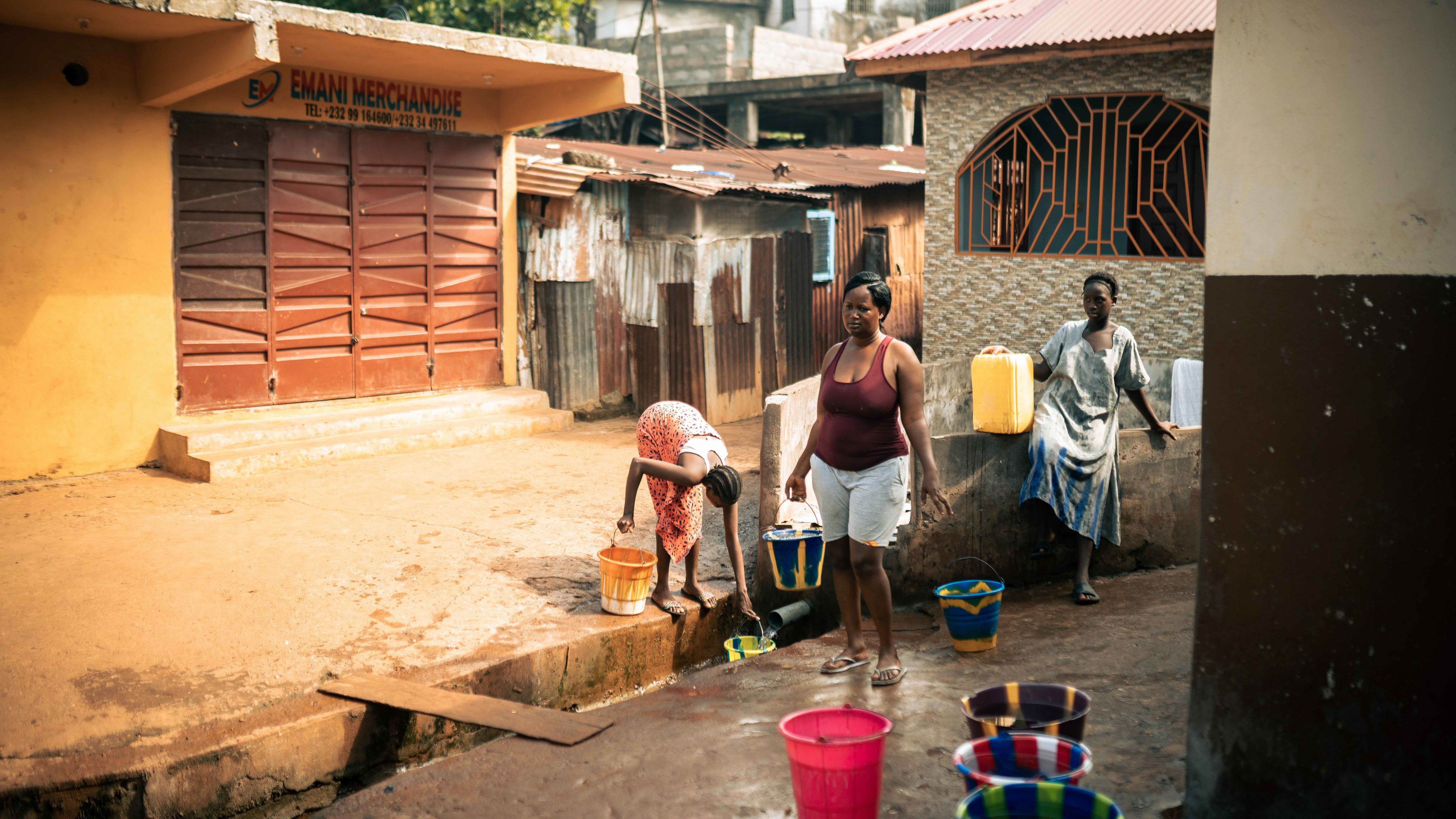
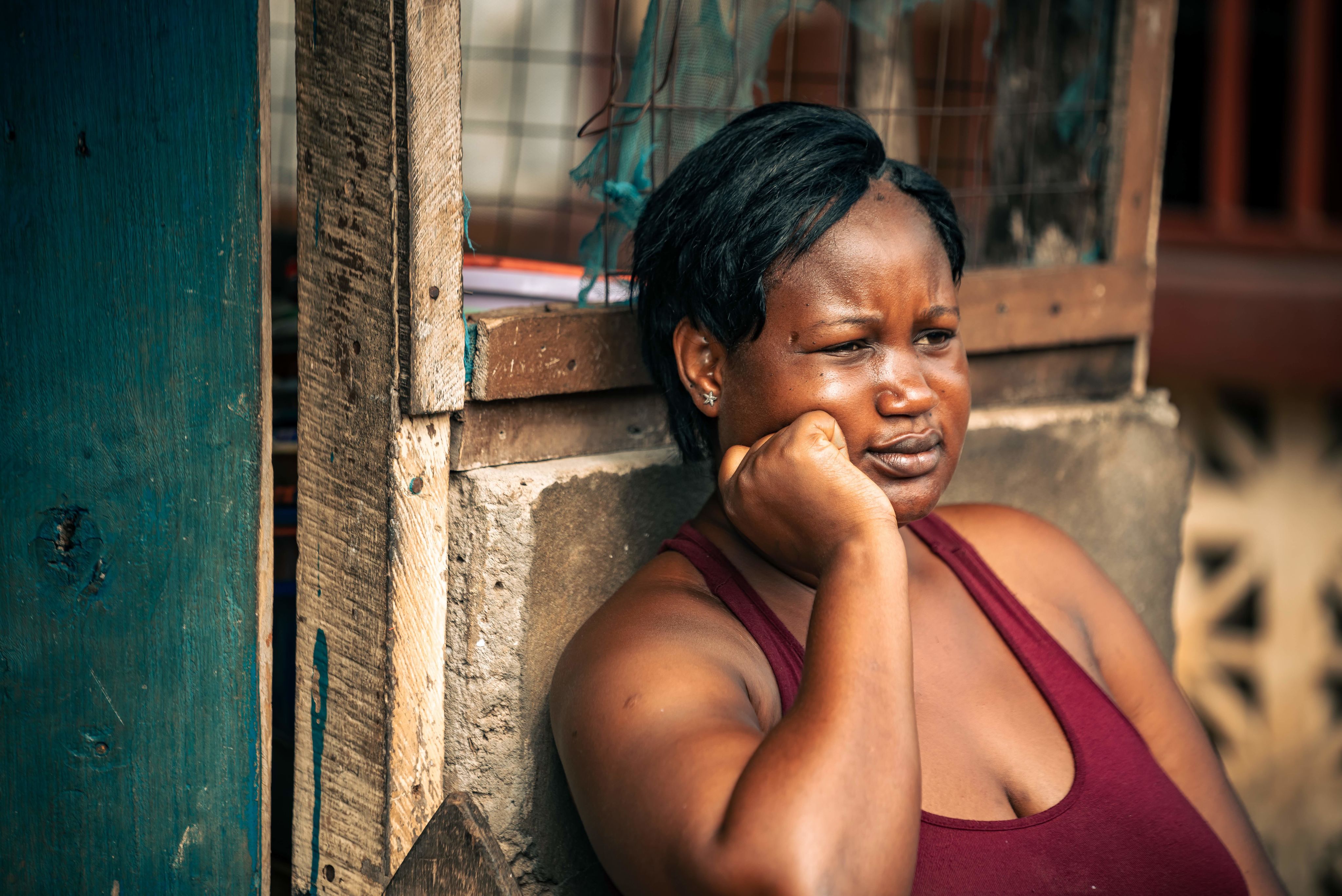
What other, specific factors are driving women’s vulnerability to the impacts of climate change?
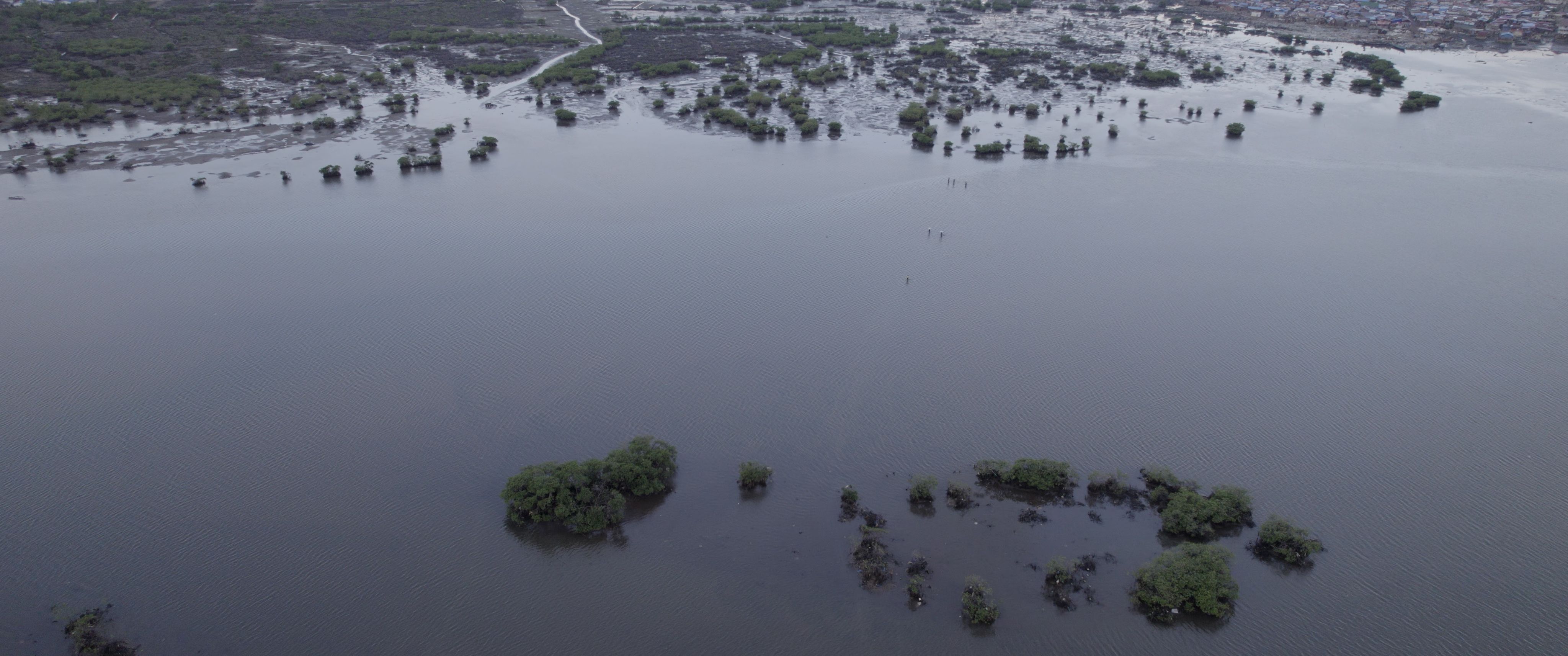
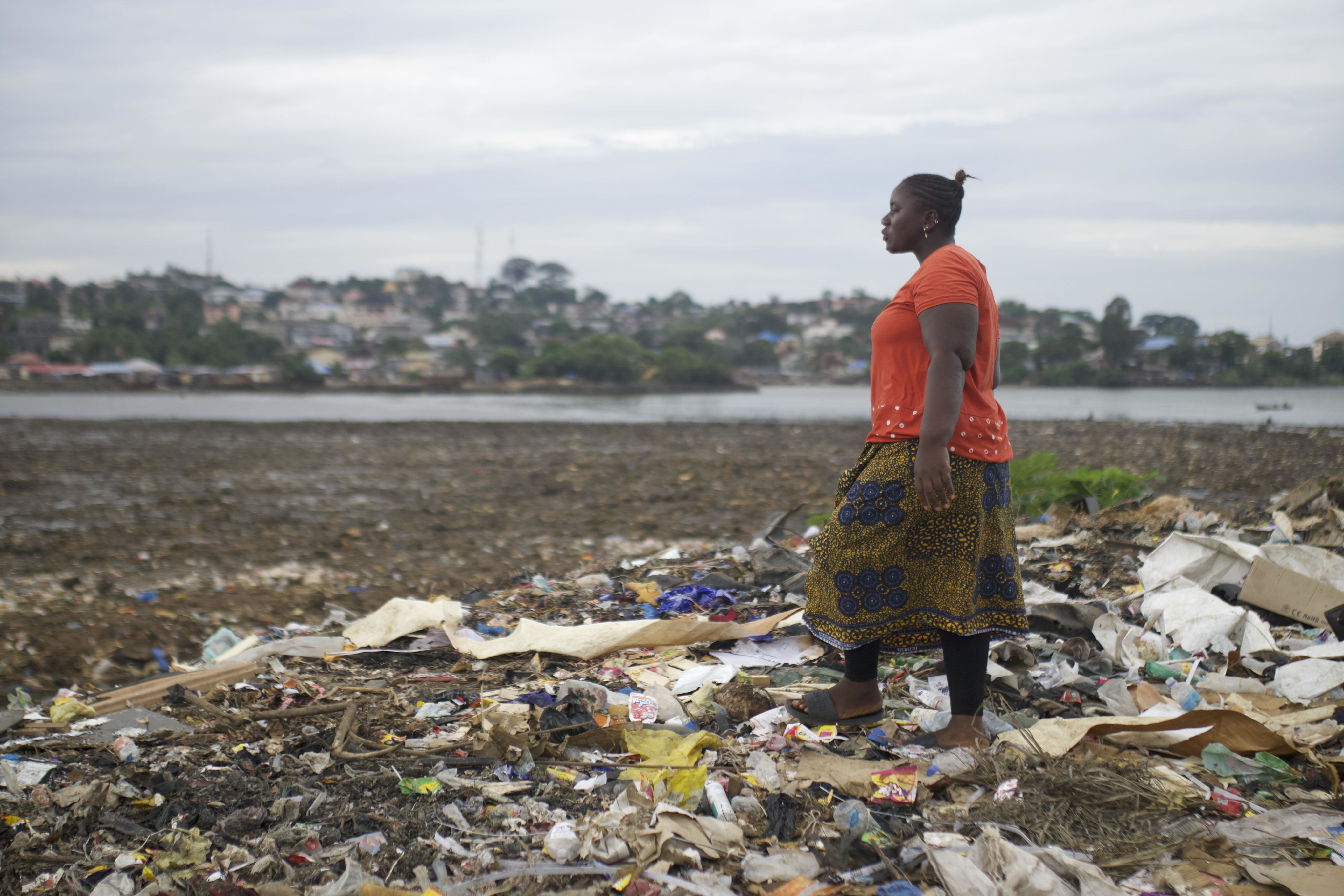
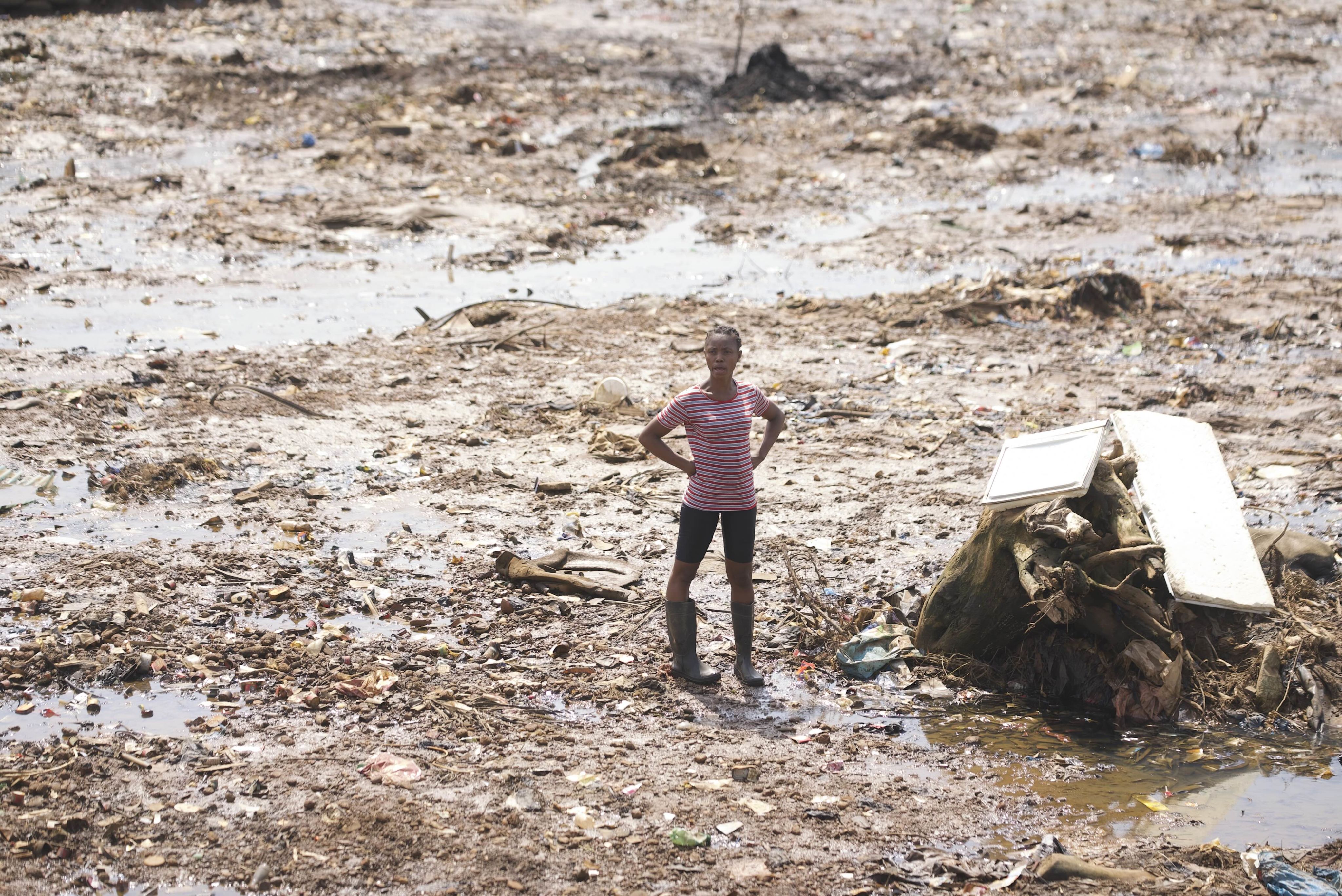
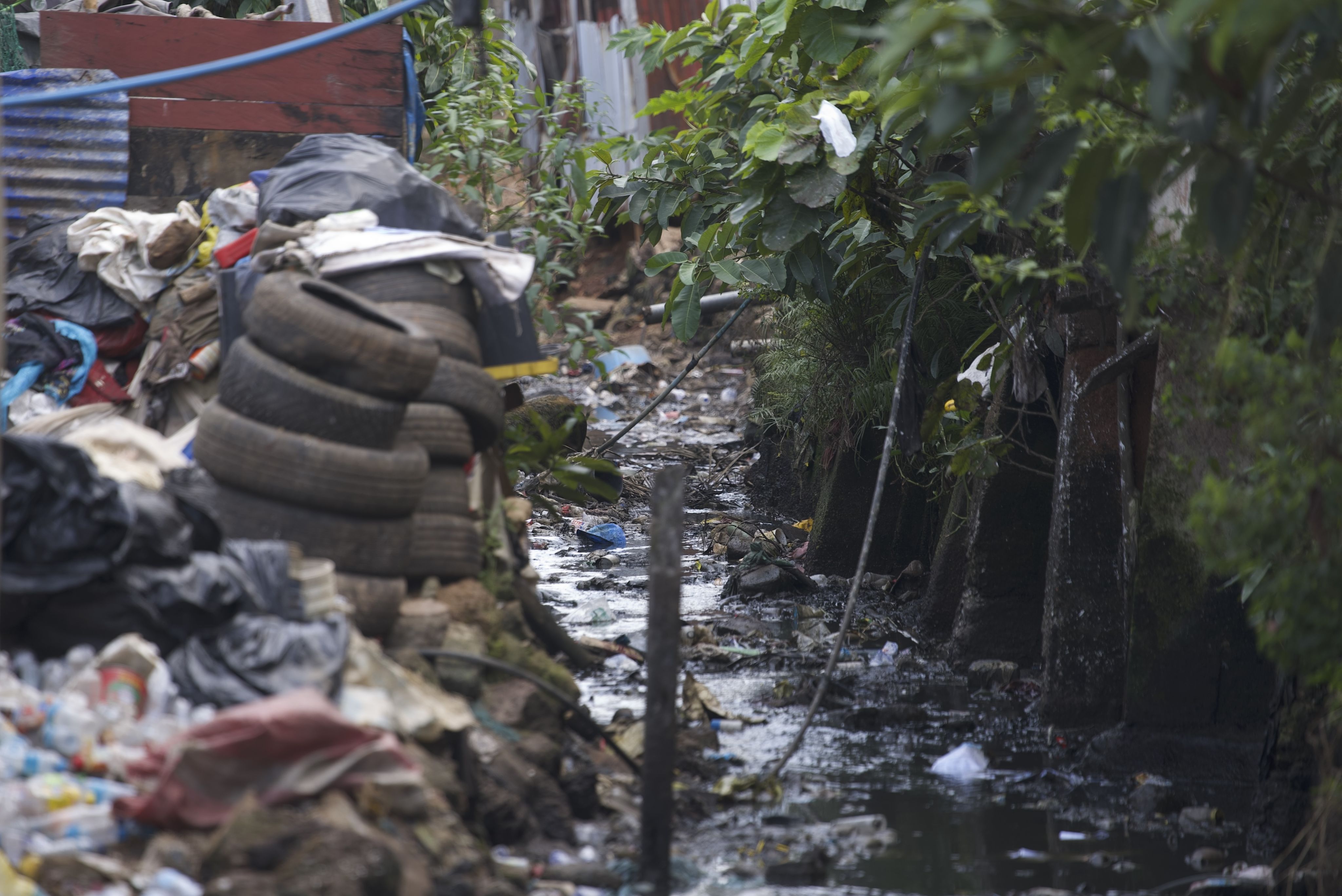
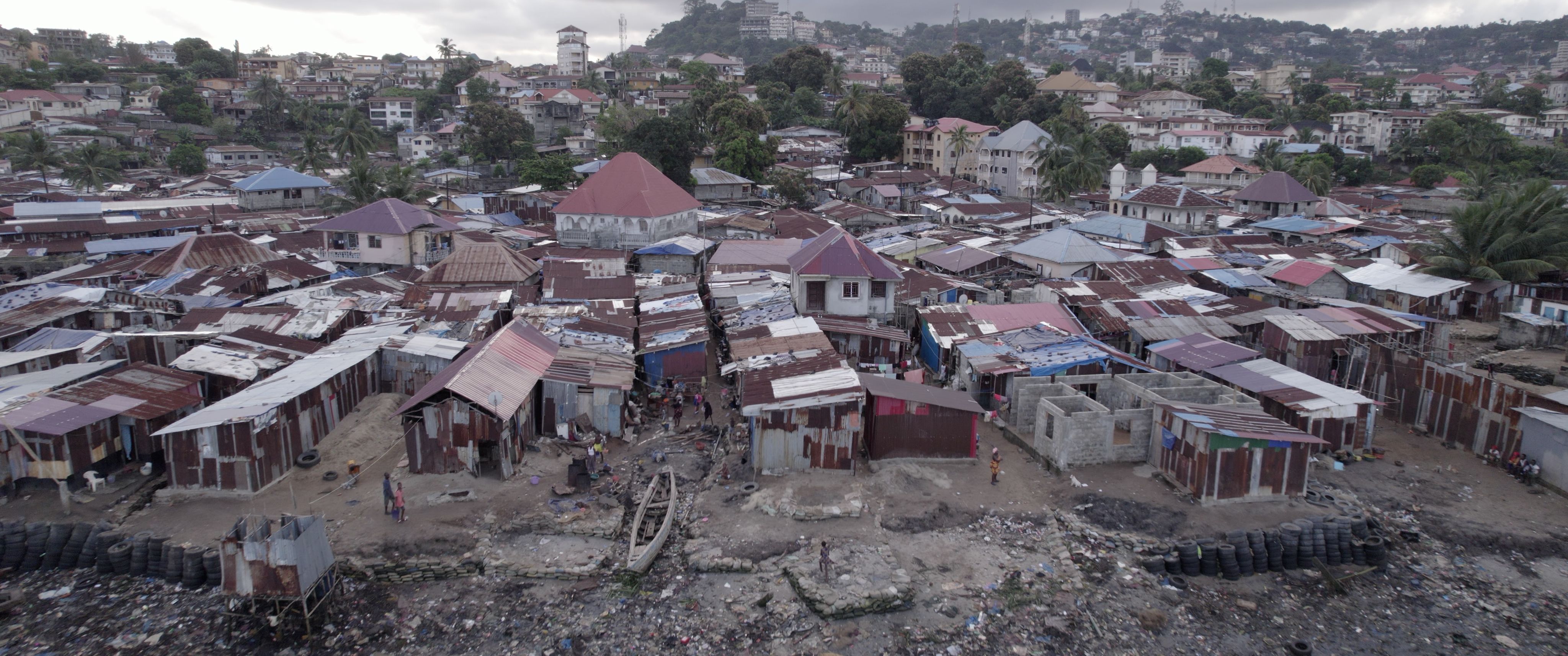
Illegal ‘banking’
i.e. the mining of sand – a lucrative raw material for construction - on riverbanks and coastline. Removing the
natural protective barrier that the sand
provides exacerbates coastal erosion, water
level rises and vulnerability to flooding.
Deforestation
Of the mangroves, which has a knock-on impact on wildlife (particularly birds and fish); livelihoods and heat stress.
Unsafe waste disposal
Creating health hazards, especially during periods of heavy rainfall and sea-level rises, which heightens the risk of hazardous waste overflowing and contaminating water supplies.
Poorly built housing and infrastructure
Including illegal construction in landslide-prone areas. This creates soil erosion and causes trees to be uprooted, making hillsides more vulnerable to collapse.
Most houses are constructed from iron corrugated zincs, a material which traps and retains heat.
Heat stress is further exacerbated by the fact that houses are built so close together, with very little or no foliage.
But despite these challenges posed by climate change, the women of Freetown are at the forefront of building more resilient communities.
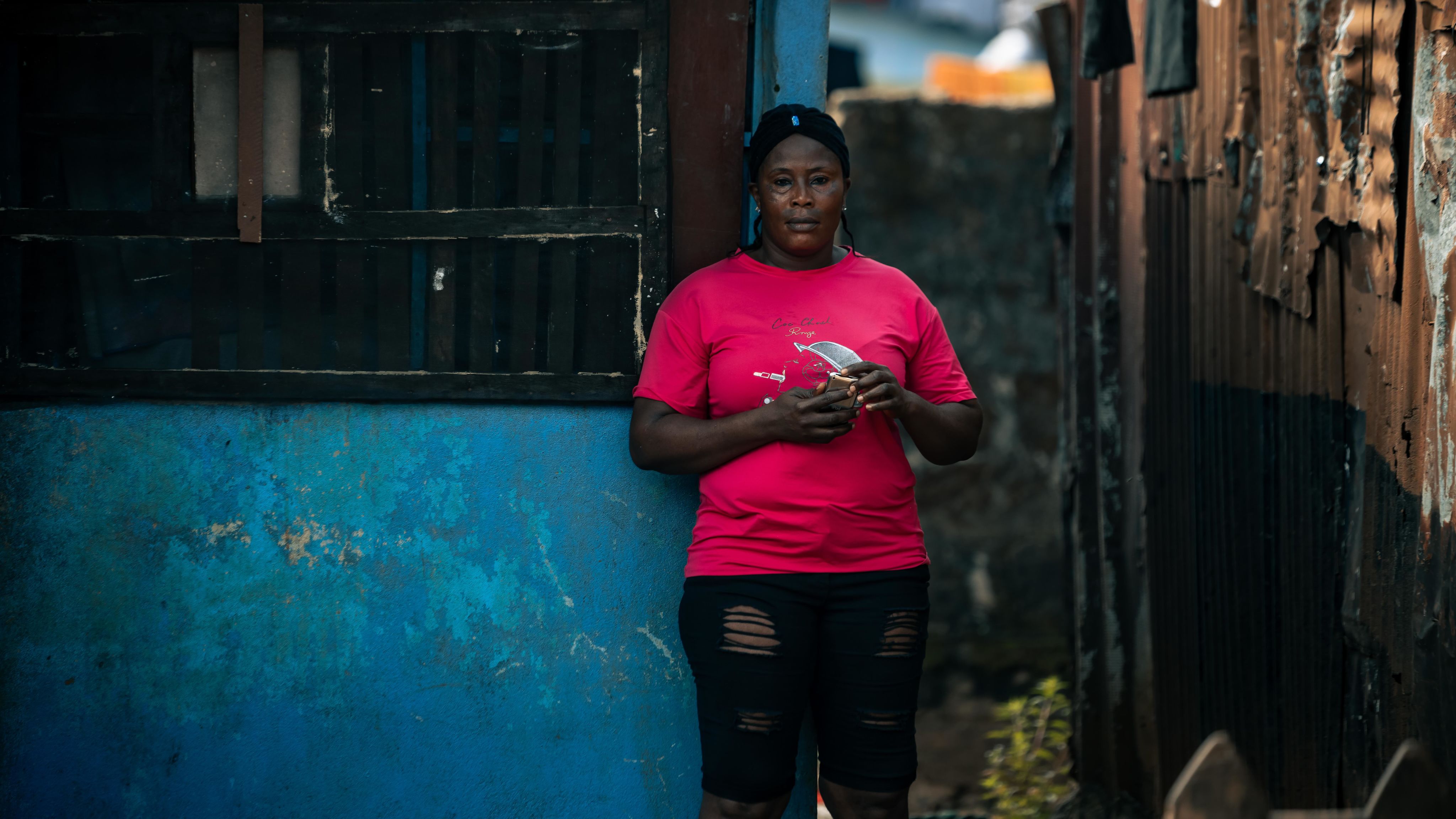
Community Disaster Management Committees (CDMCs) are the main vehicles for building resilience to climate disaster in Freetown.
Local women play a leading role in these committees, acting as first-responders in the event of climate disaster, including identifying and preparing evacuation centres and other life-saving disaster protocols.
Members of the CDMCs also:
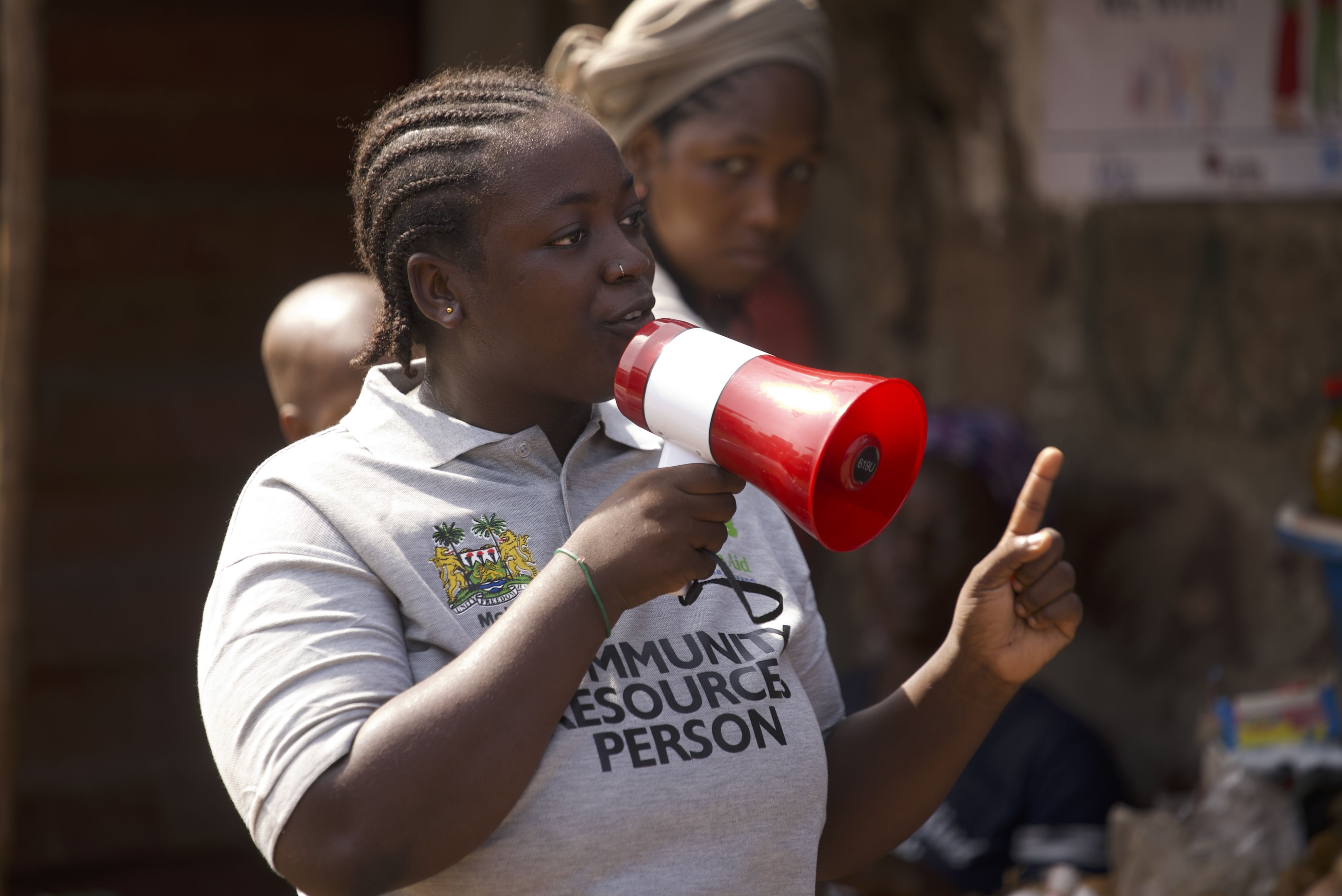
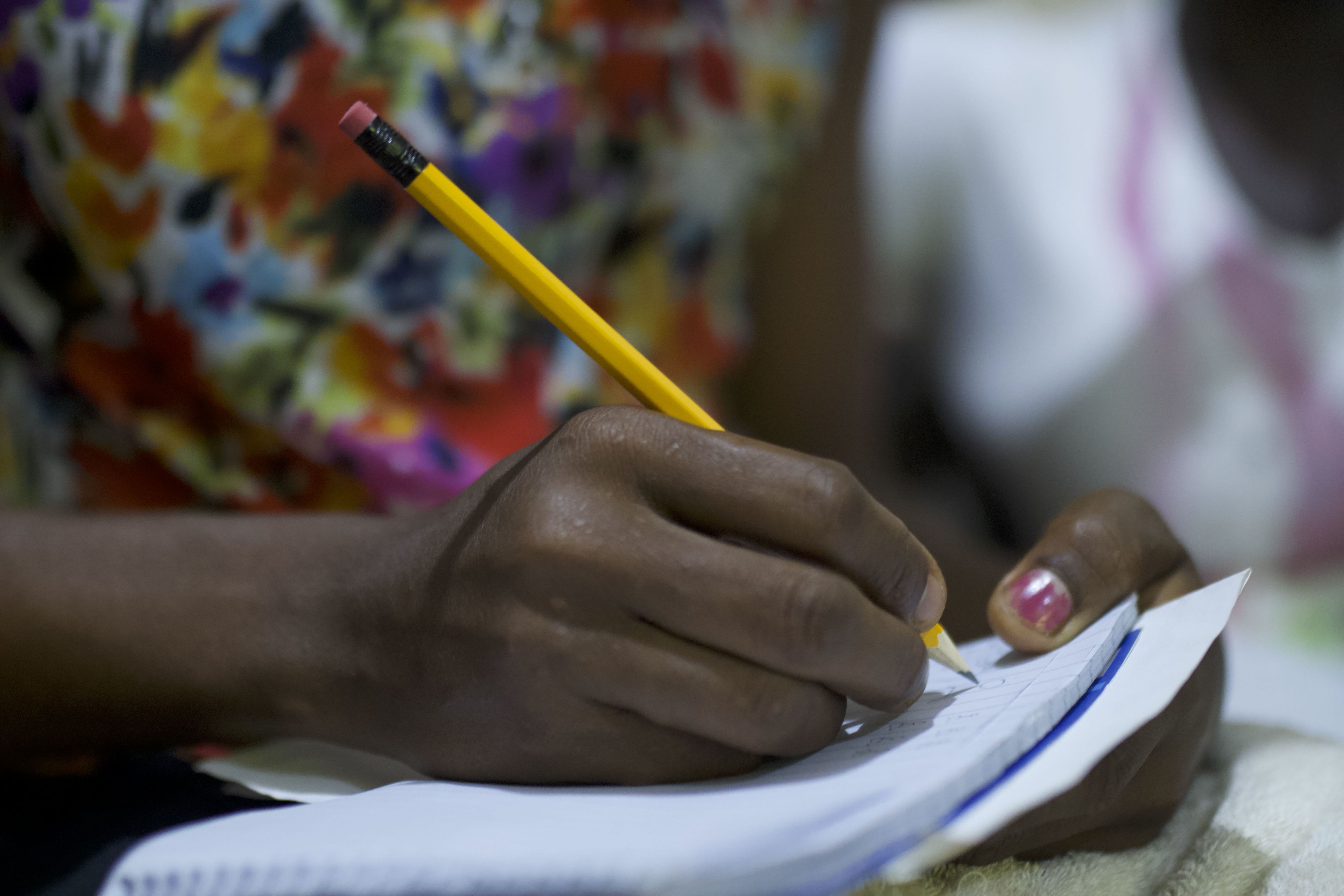
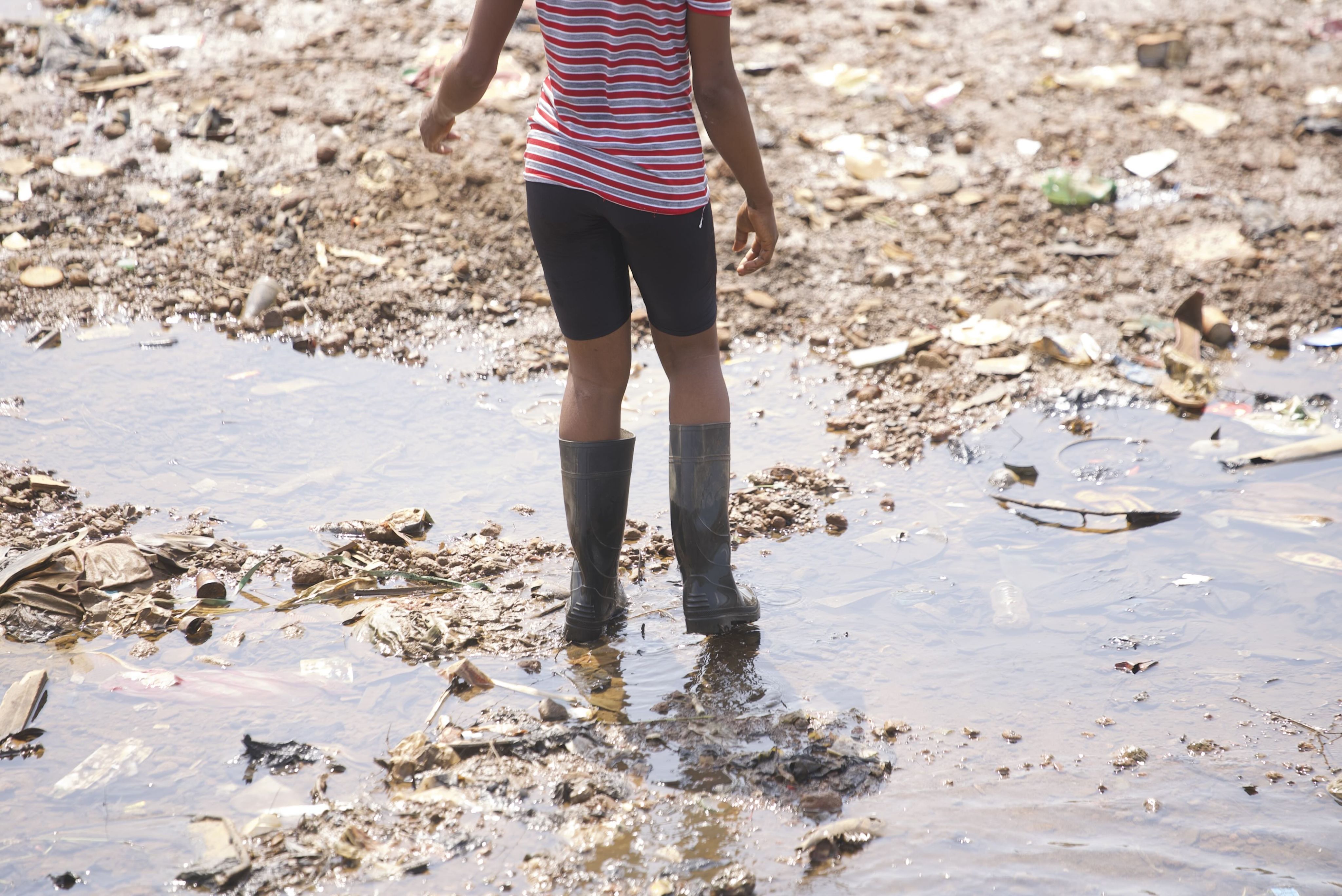
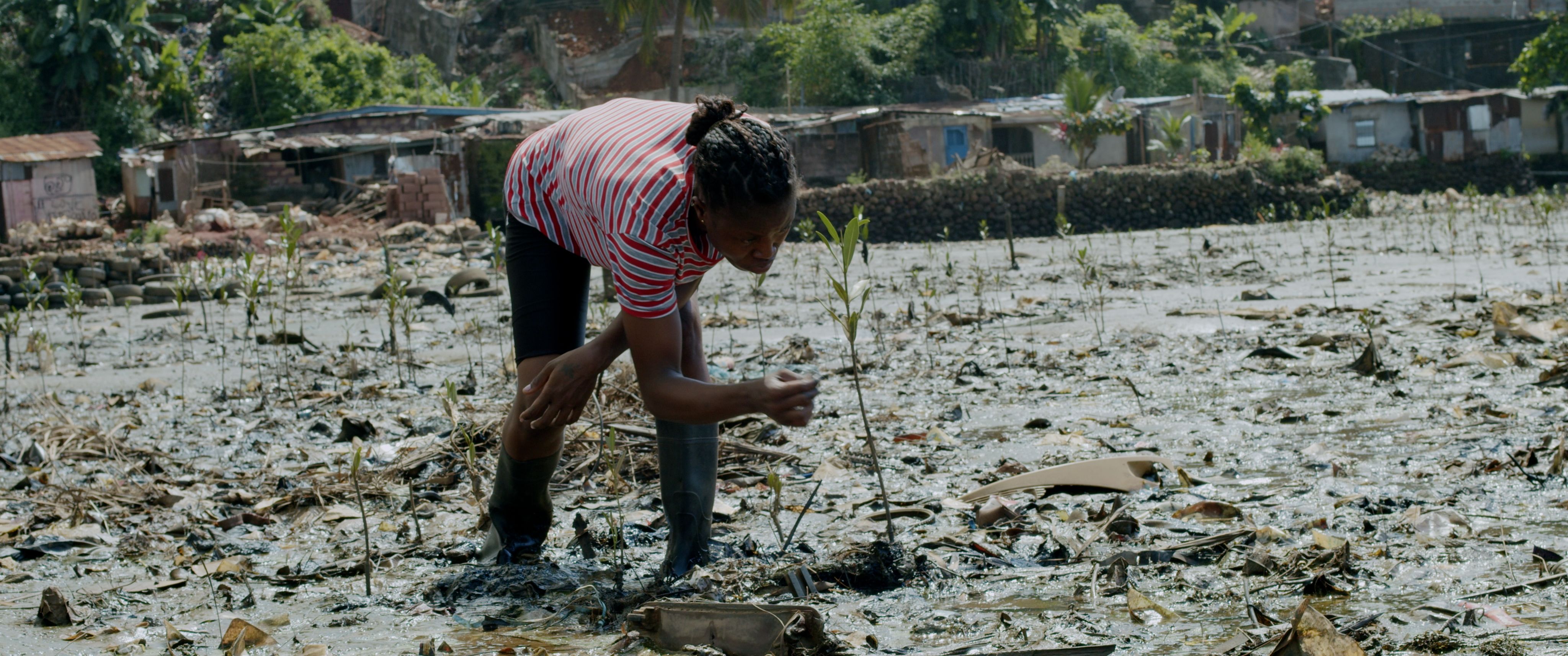
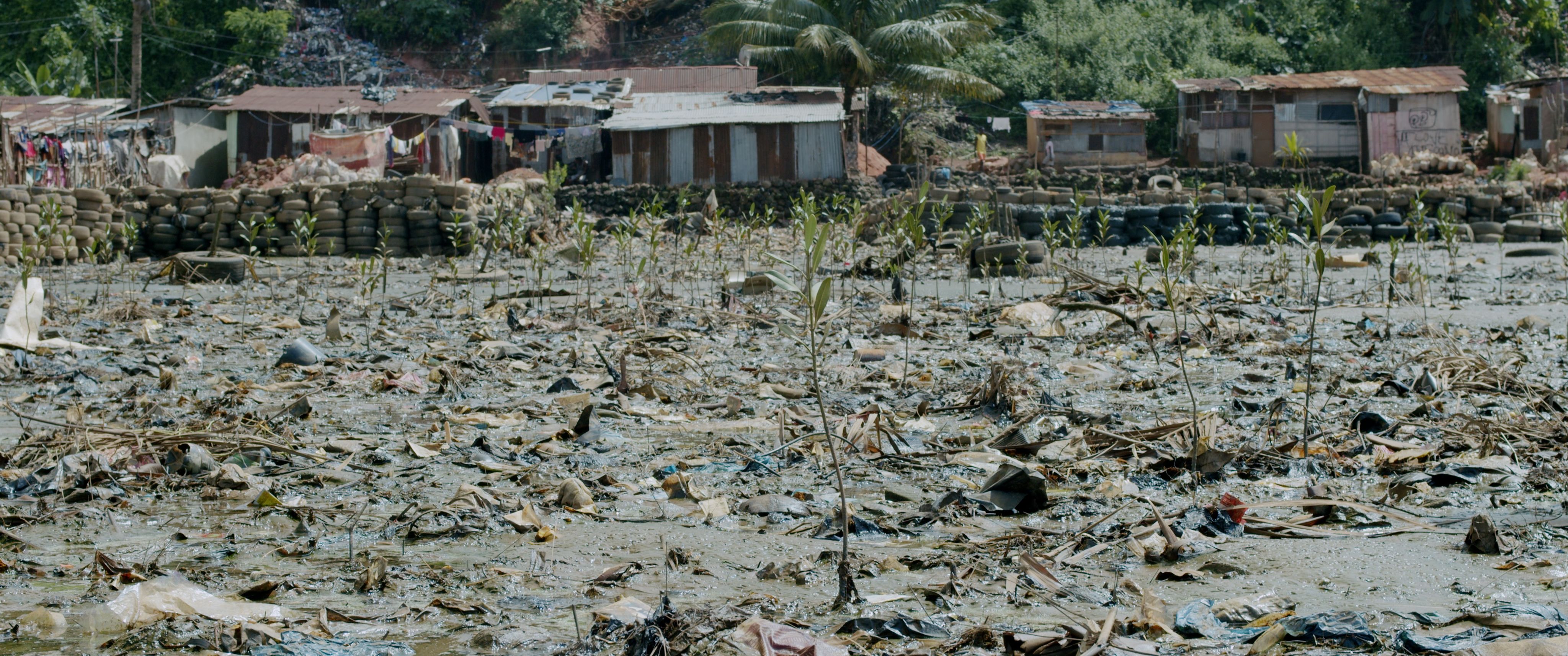
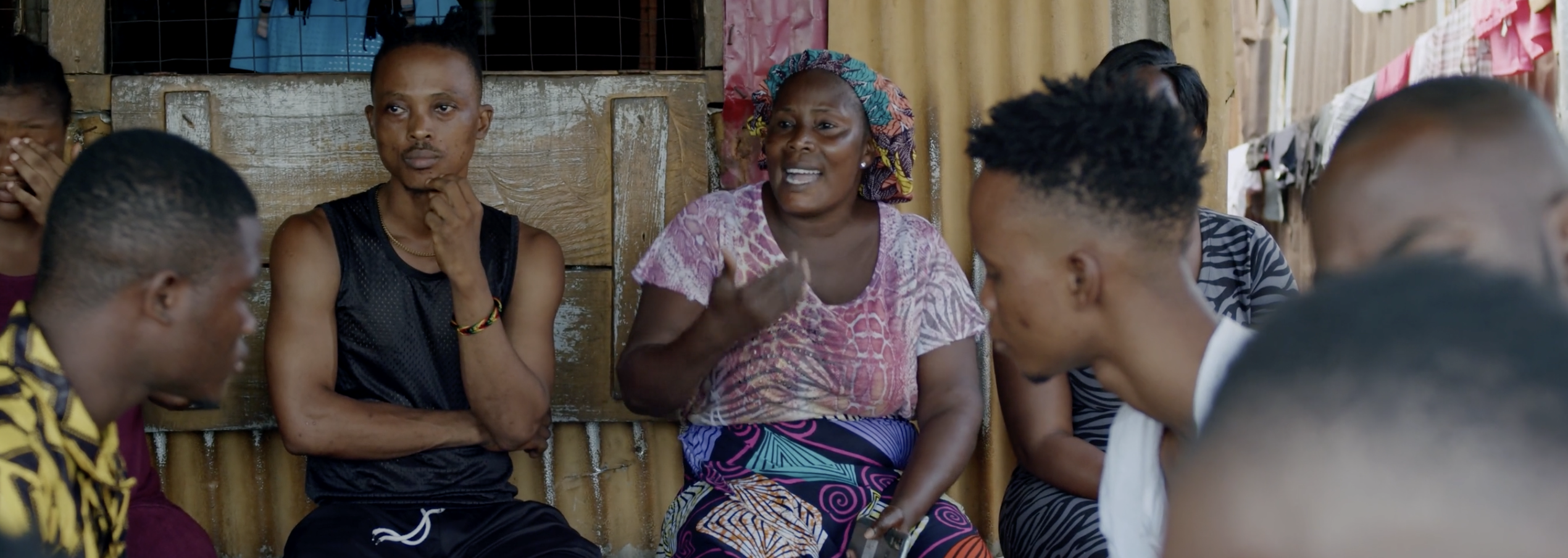
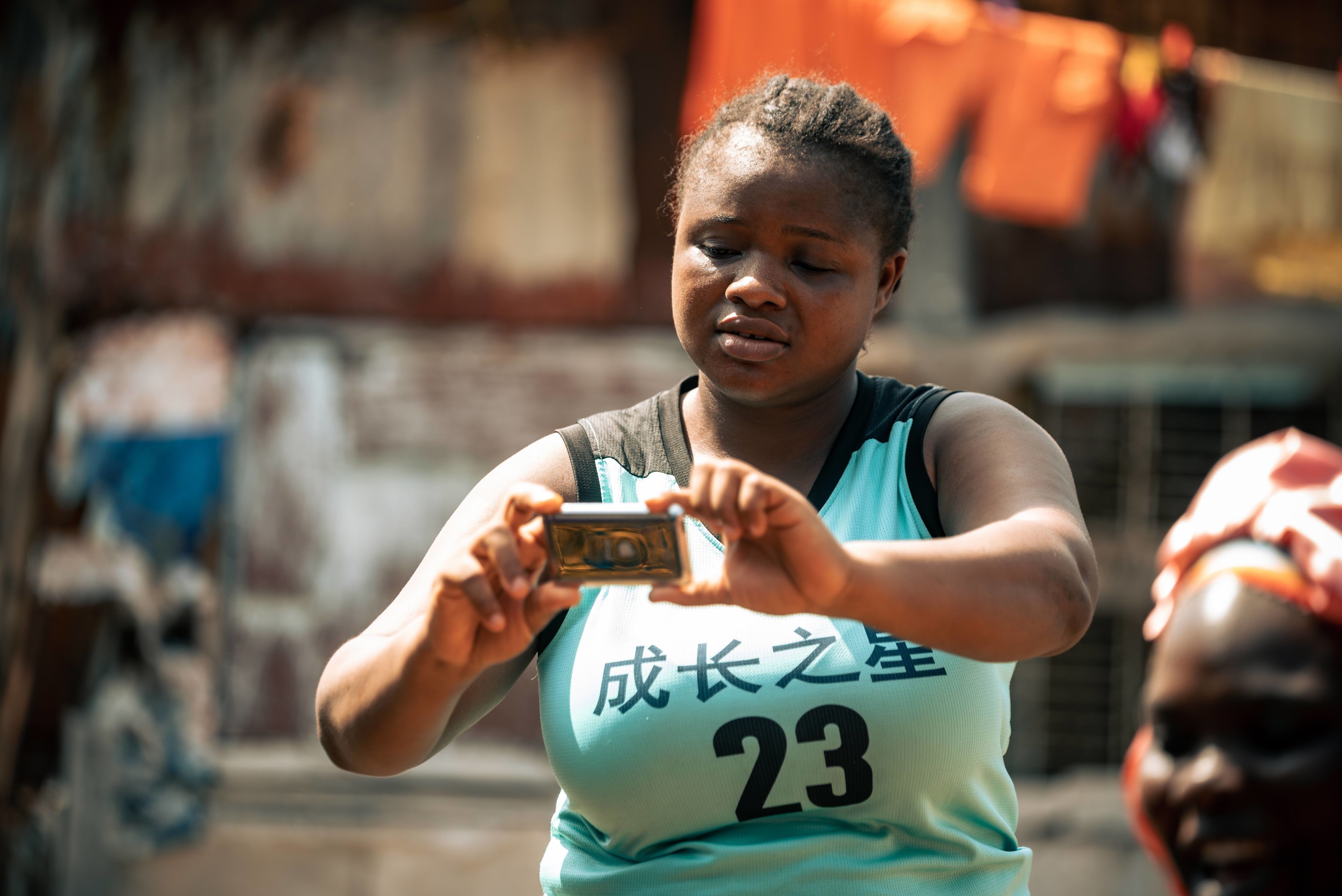
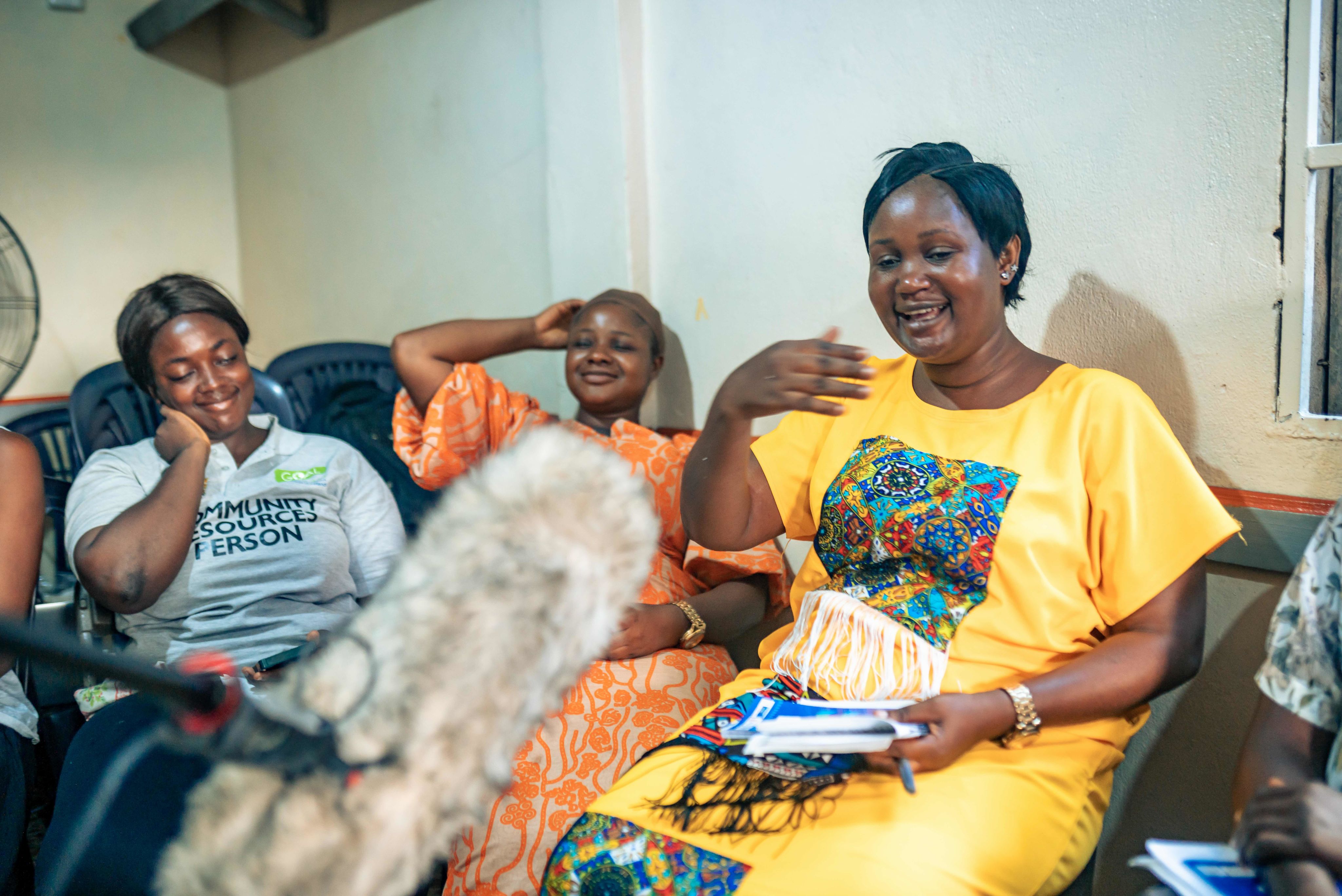
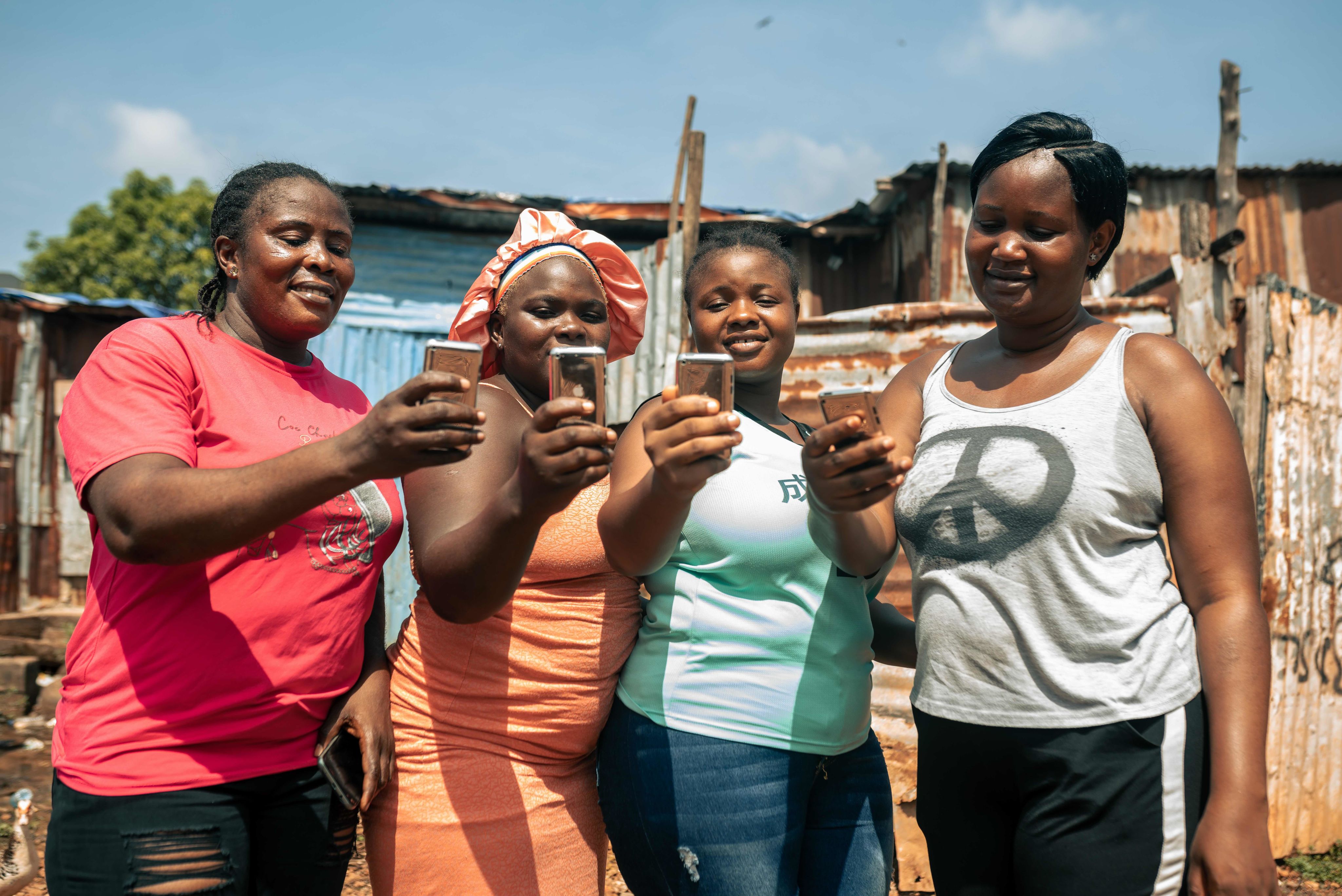
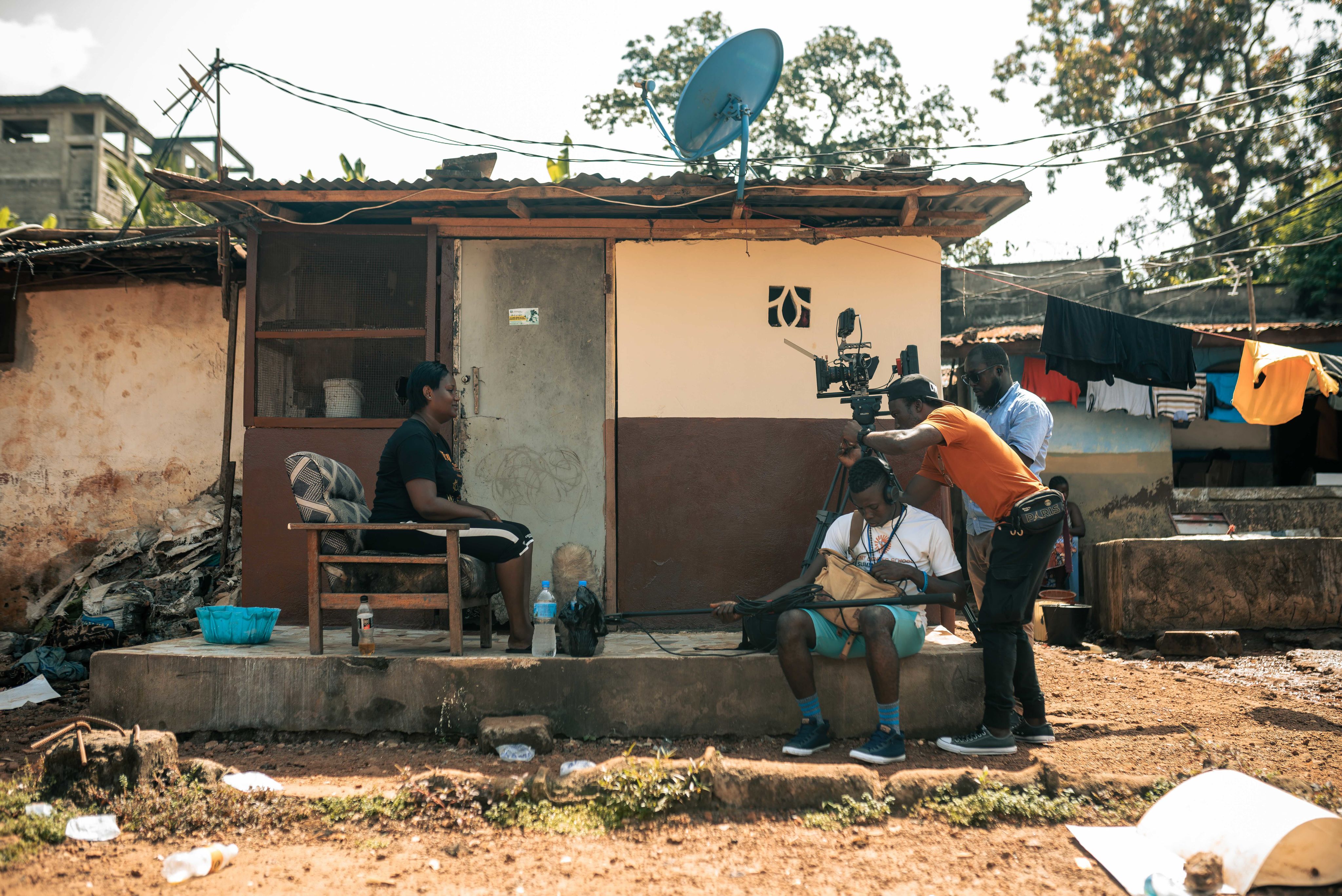
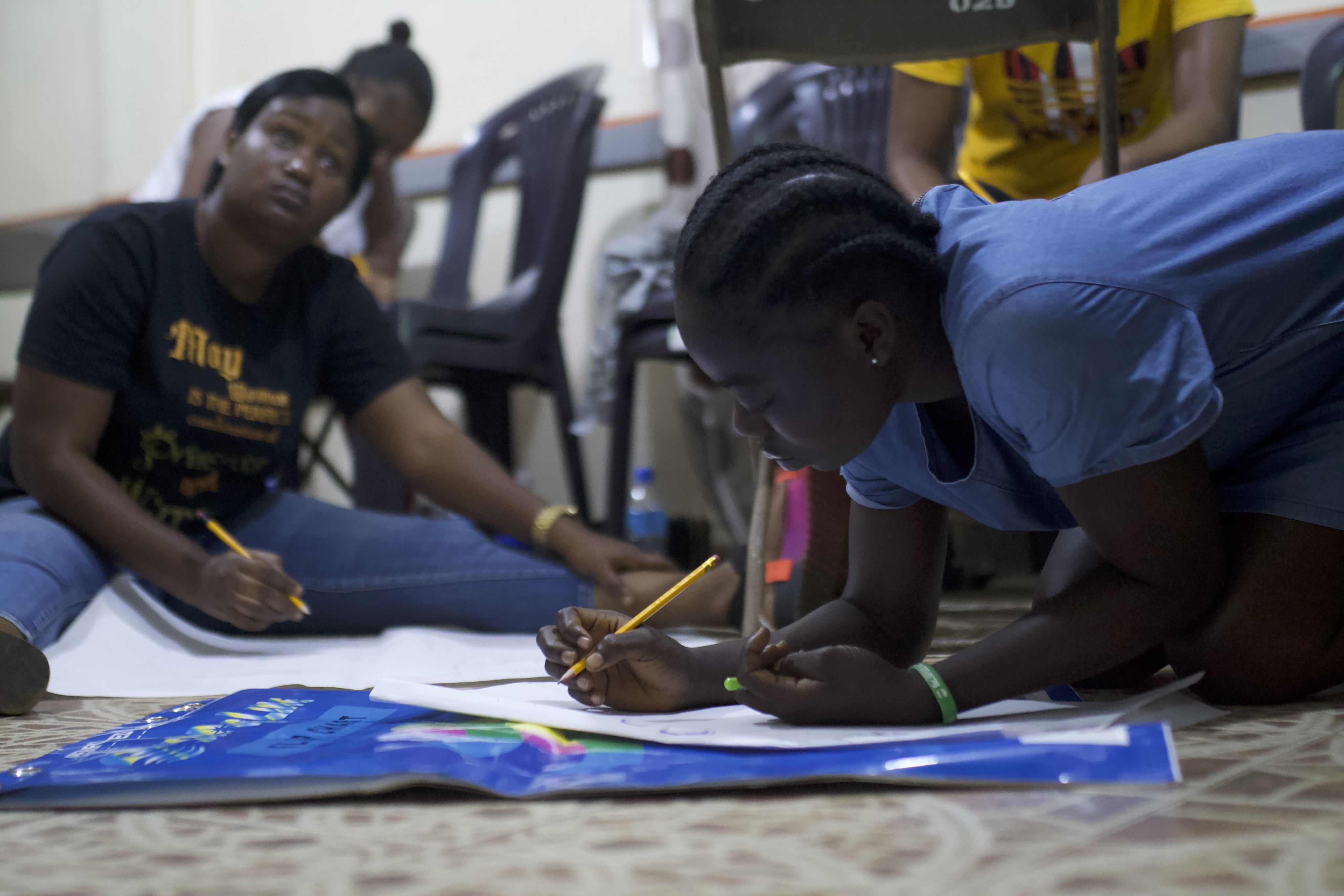
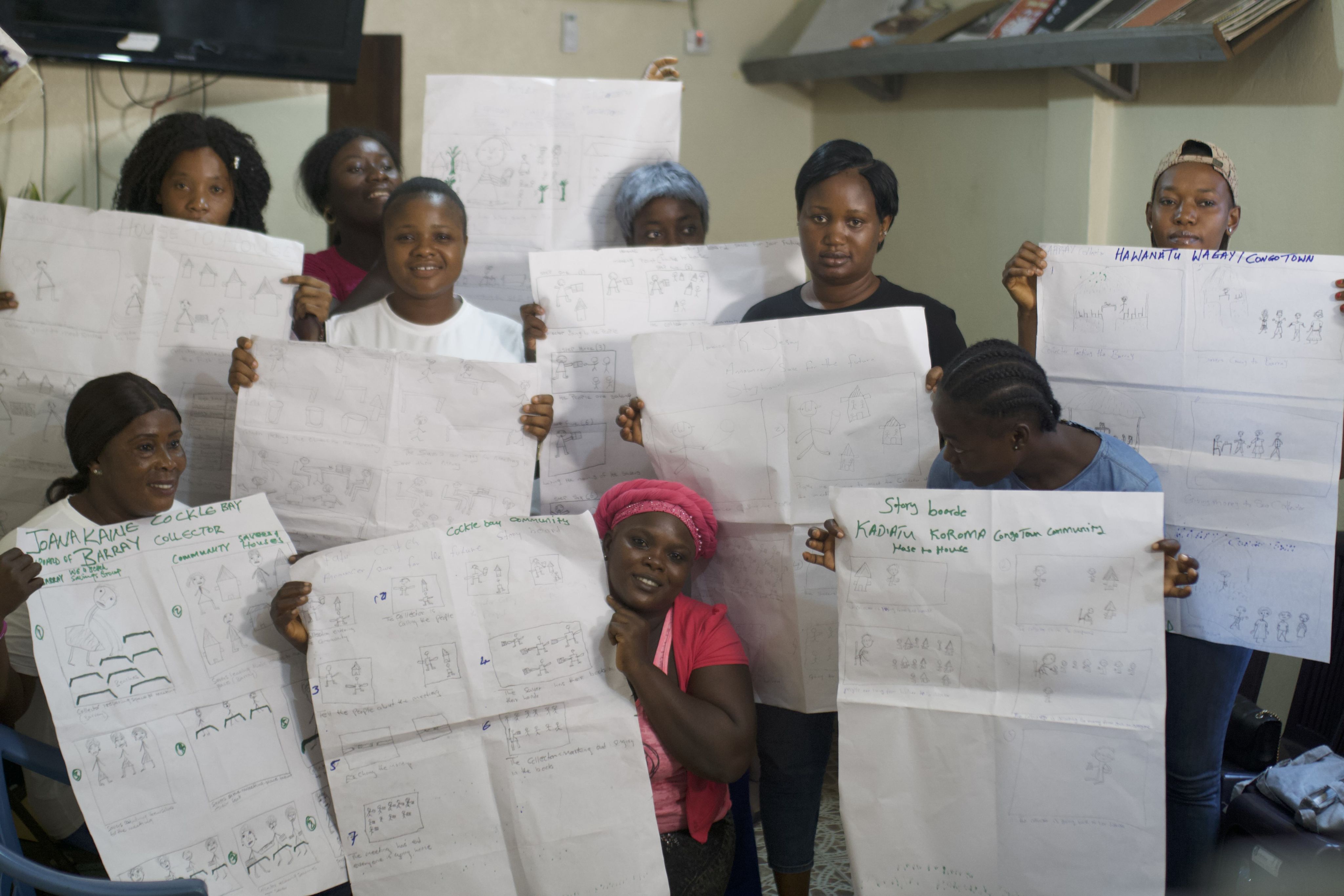
Train other community members in search and rescue skills
Conduct community risk assessments, and develop risk reduction strategies
Conduct community cleanings to clear, repair and improve public spaces
Lead mangrove restoration
...as well as wider re-wilding initiatives
Conduct psycho-social counselling
Capture data and insights on climate risk
Share their own stories and experiences of responding to climate change using a variety of techniques, including...
Photography
Film
Script writing, and...
Storyboarding
But Freetown’s flood-fighters need more support from policymakers, officials and organisations to address the risks that they and their communities face.
Their impact illustrates the importance of sustainably investing in local grassroots organisations that represent - and are represented by - those on the frontline. After all, they understand best how to respond to risk because they live it, day in, day out.
The project was delivered by MakerChange Studio in collaboration with the Freetown Media Centre. Funding for the project was provided by global safety charity, Lloyd's Register Foundation and inspired by its flagship programme, the Lloyd’s Register Foundation World Risk Poll.
Thank you to our participants - the women of the Federation of Urban and Rural Poor (FEDURP) - for their time, engagement and invaluable insight.
Thank you to Centre for Human Dialogue and Poverty Alleviation (CODOHSAPA) for connecting us to the participants and your wider support in making this project possible.
And thank you to our project workshop director Lansana Murray, filmmaker Ibrahim Miles Kamara, and photographer Dominique Fofanah, for your support in bringing these insights to life.


